-
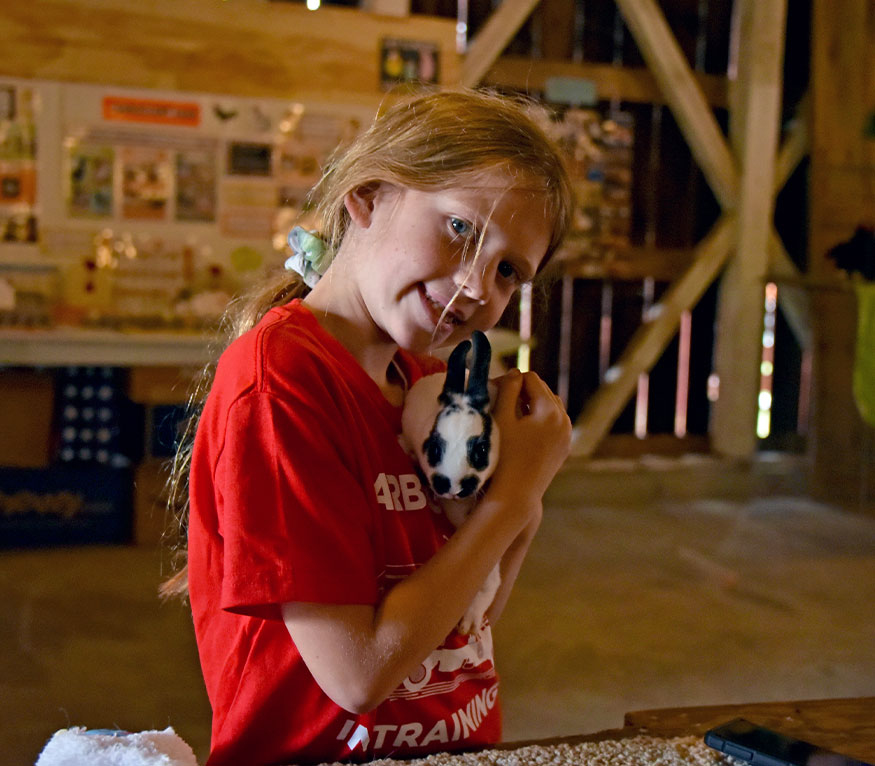
Agriculture & Farming
Healthy Interactions with Animals at Fairs and Other Animal Events
Fairs and other events involving animals can be memory-makers for the whole family. However, understanding how to keep everyone healthy while attending is important, especially when engaging with the animals and their handlers. This fact sheet is for people interested in learning proper hygiene practices for interacting with animals in public settings.
-
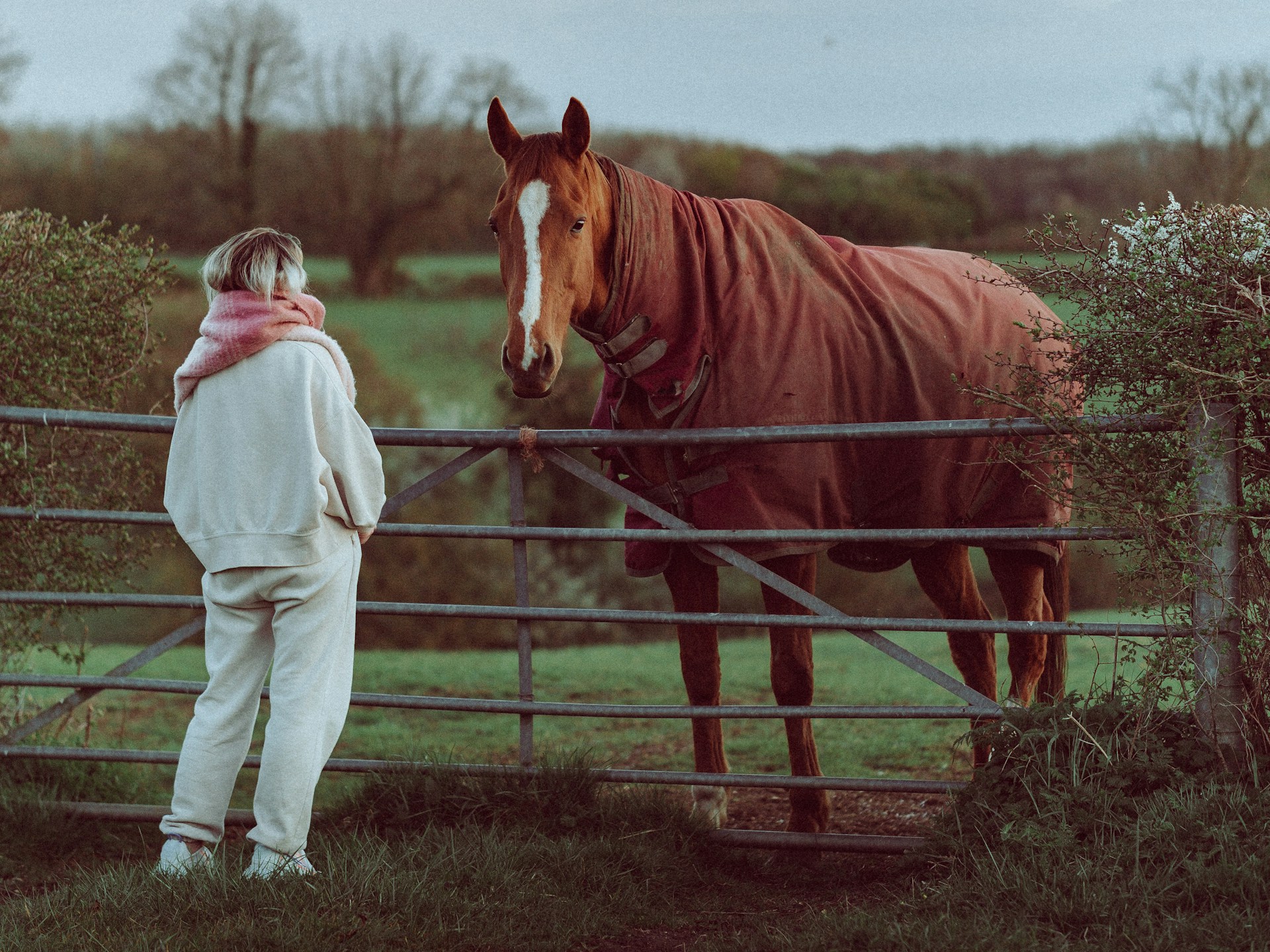
Livestock, Dairy, Equine, & Poultry Handling
Phrases to be Wary of When Reading Horse Classifieds
The first-time, prospective horse buyer might benefit from some insight into what you may read in an equine classified. Keep in mind the classified ad might mean just what it says. Included are some potential alternate definitions for some key phrases. They are broken them into categories that include discipline, training, horse’s condition, and owner’s preference.
-
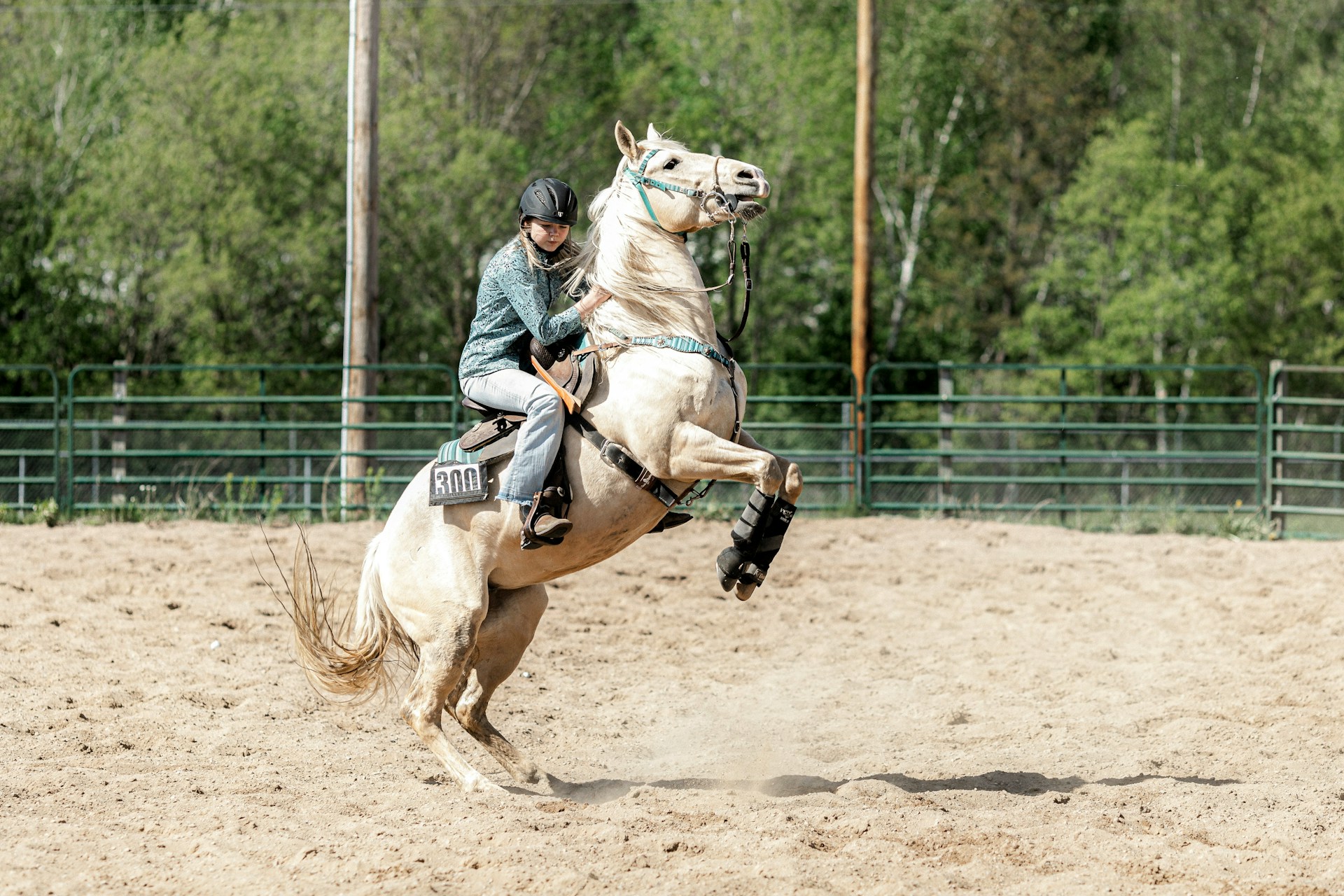
Livestock, Dairy, Equine, & Poultry Handling
Things to look for when selecting a horse; key questions to ask
Horse ownership is an exciting prospect. If you are now at the point where you know that you have the means to financially support a horse, you have the knowledge on how to care for the horse, and you are able to ride, wanting to own your own horse that will meet your riding goals and needs is the next logical step. This fact sheet includes some Ideas for ‘screening’ your potential new horse.
-
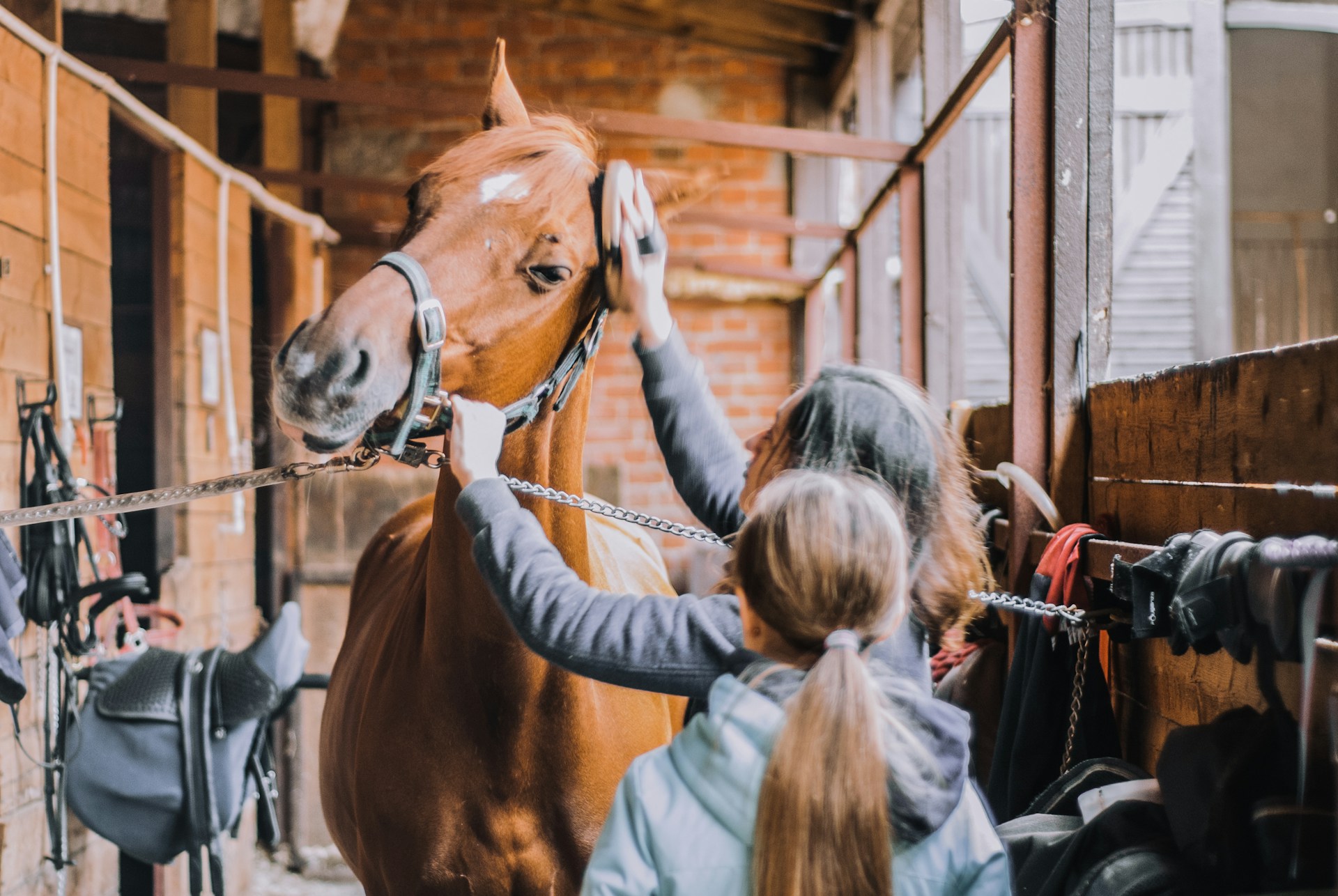
Livestock, Dairy, Equine, & Poultry Handling
Questions to ask a Prospective Trainer
The role of a horse trainer is to prepare the horse so that the horse is safe and responsive to your cues. This fact sheet contains a list of questions you should ask when looking for a trainer. It is important that you are on the same page, and you both agree on methodology.
-
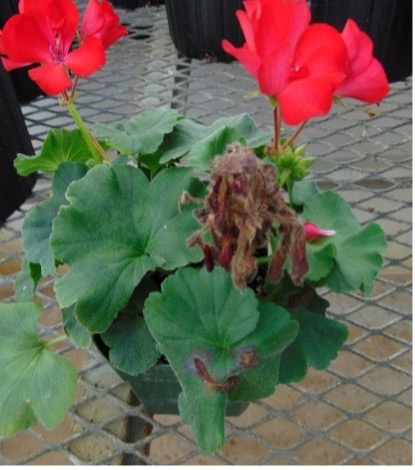
Agriculture & Farming
Managing Botrytis on Bedding Plants
Bedding plants comprise an important segment of the Connecticut greenhouse industry, worth close to $350 million annually. These crops, which include pansy, geranium, bedding impatiens, New Guinea impatiens, snapdragon, coleus, and others are popular with home gardeners and in beautiful landscapes, and are sold in retail and wholesale outlets throughout the region. This fact sheet covers the identification of gray mold and its cause, and the impact and management of Botrytis cinerea in bedding plants.
-
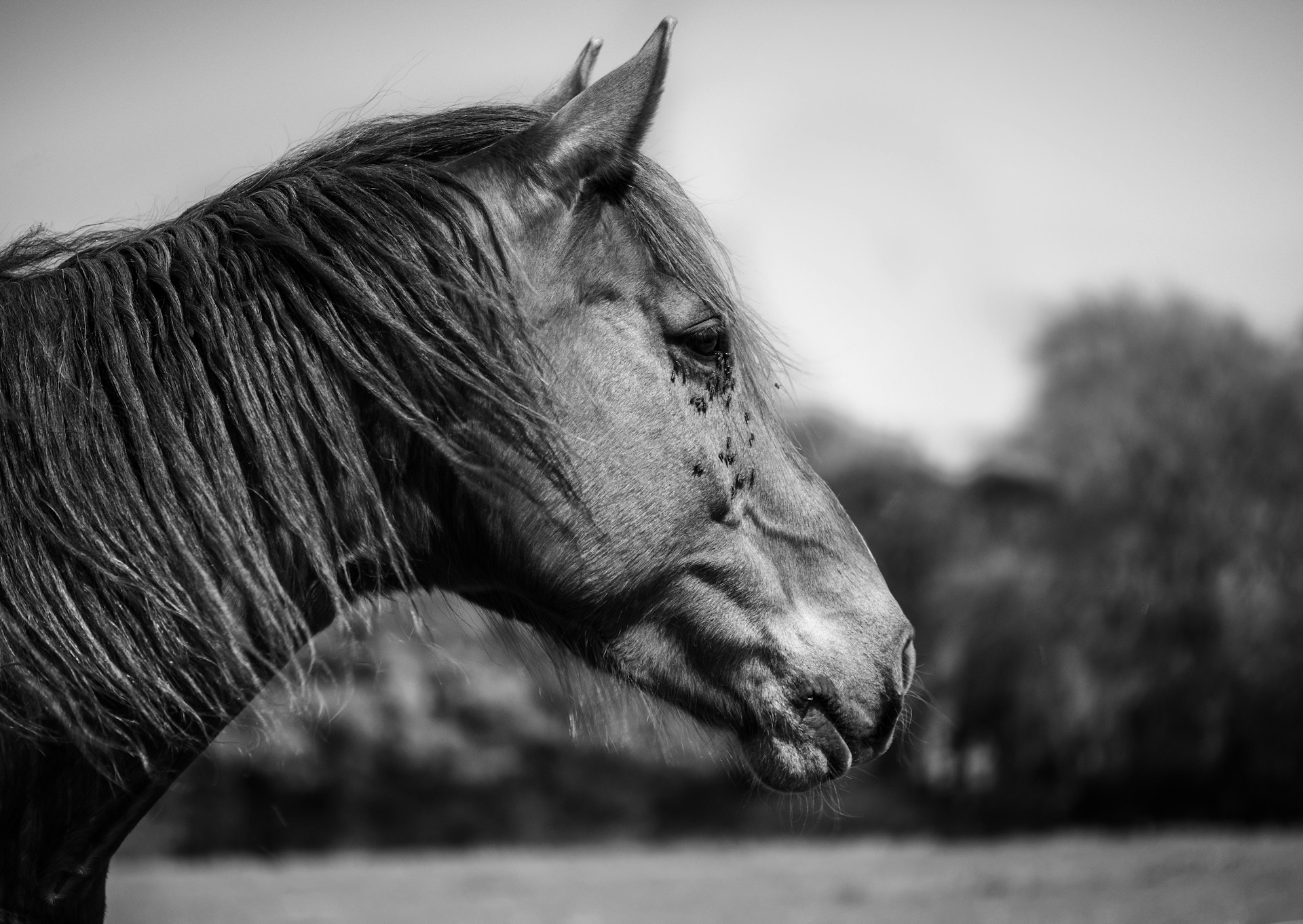
Livestock, Dairy, Equine, & Poultry Handling
Equine Flying Insect Control
Flying insects are always a nuisance, but their activity definitely increases in the summer. New fly control options, where we are defining new as non-traditional, involve combining the use of chemical or organic methods with manure management.
-
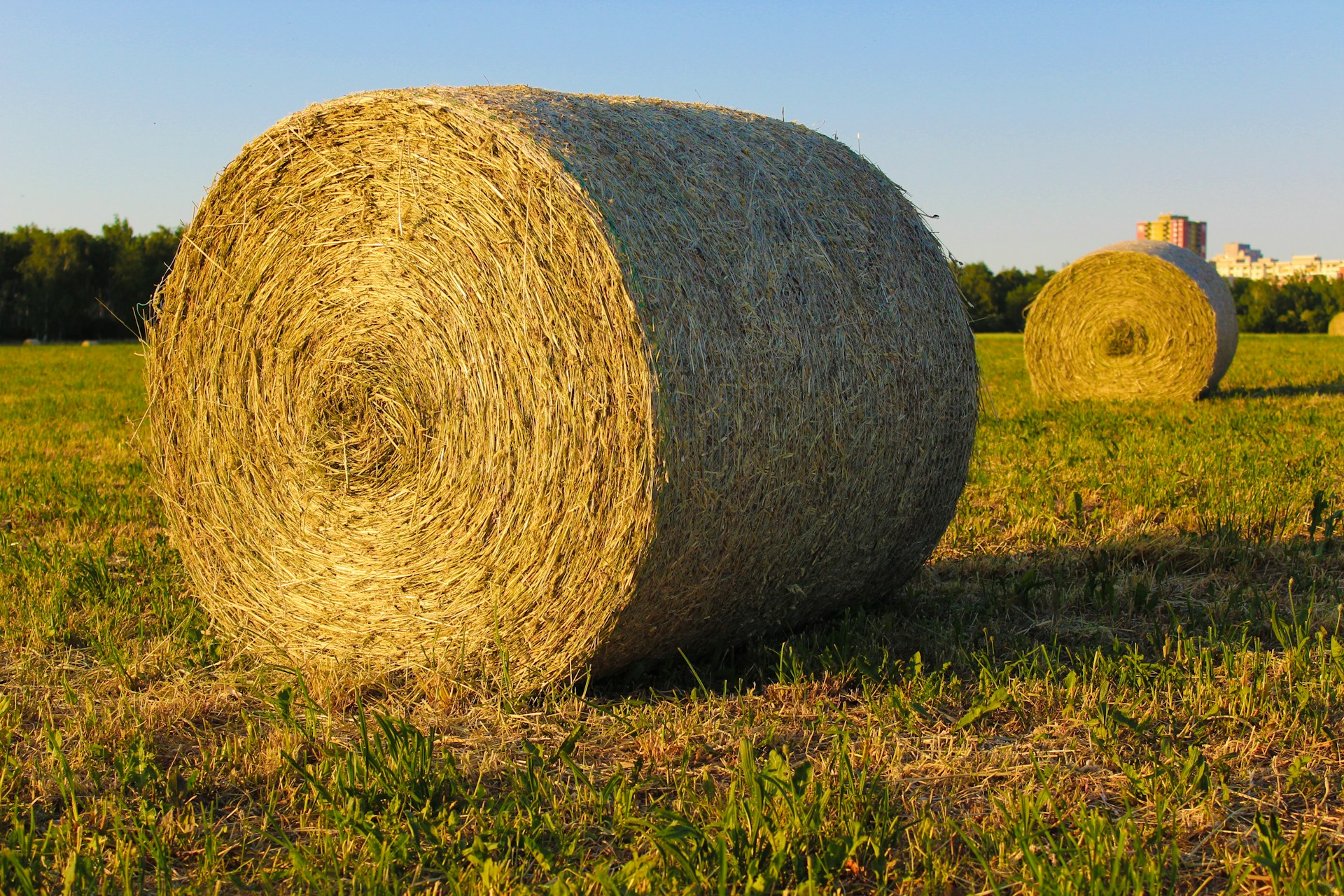
Livestock, Dairy, Equine, & Poultry Handling
Hay Analysis: Its Importance and Interpretation
Having hay analyzed is the only way to determine the actual nutrient content of it. It is important to know this so that you can be sure your horse is consuming an adequate diet. There may or may not be a need to feed grain depending on the quality of the hay. The better the quality of the hay, the less grain you will need to feed, which can be a significant savings.
-
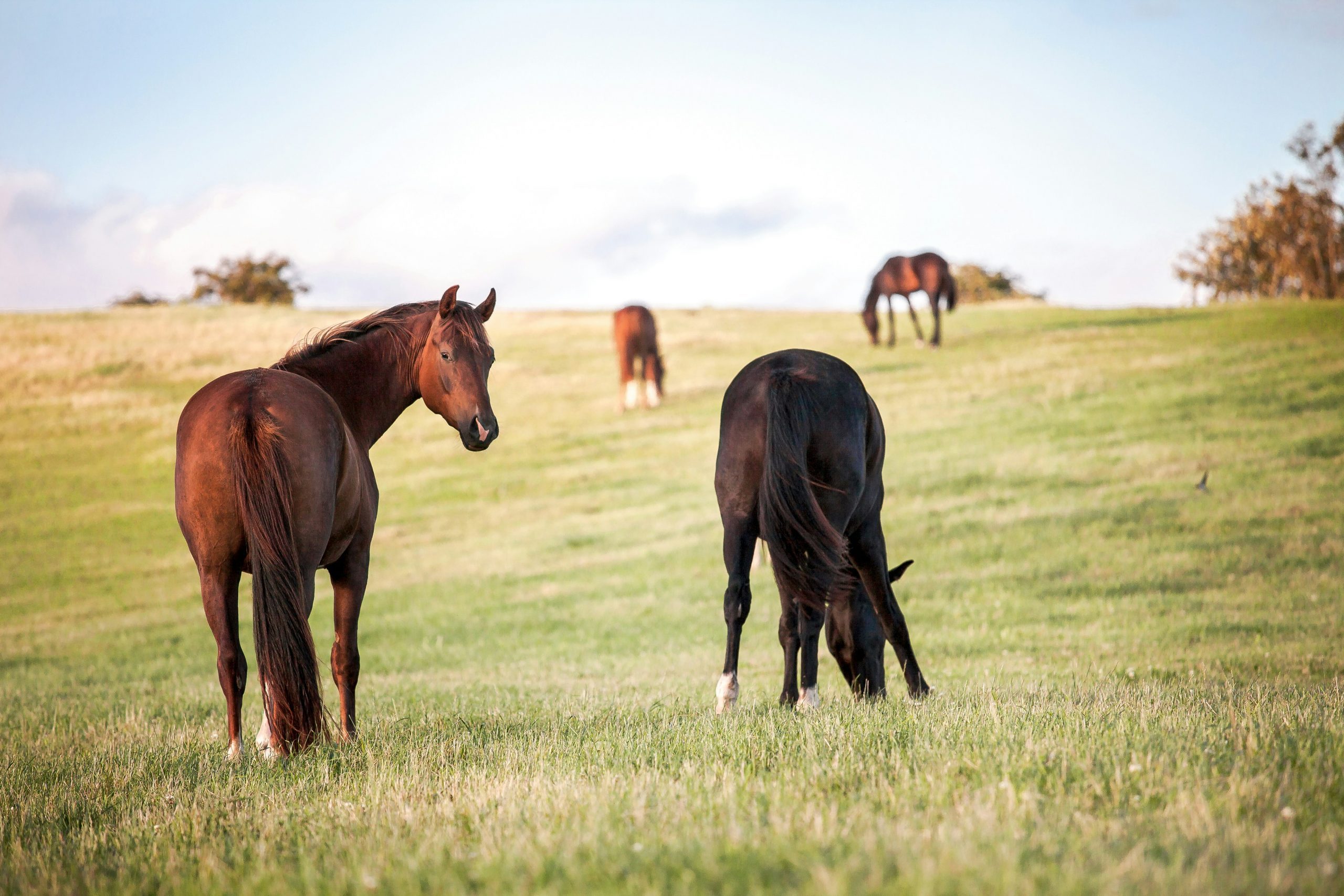
Livestock, Dairy, Equine, & Poultry Handling
Pasture: Evaluation and Management of Existing Pasture
By managing horse pastures more effectively, horse managers can increase forage production, lower production costs, improve aesthetics, and promote a healthier environment.
-

Agriculture & Farming
Managing Flood Risks on Farms
This article provides flood-related information to Connecticut growers, particularly relevant to vegetable and fruit growers in flood-prone regions. It offers strategies to prepare for, respond to, and recover from flooding events, covering what actions to take, when to implement them, how to execute them, and why they are essential.
-
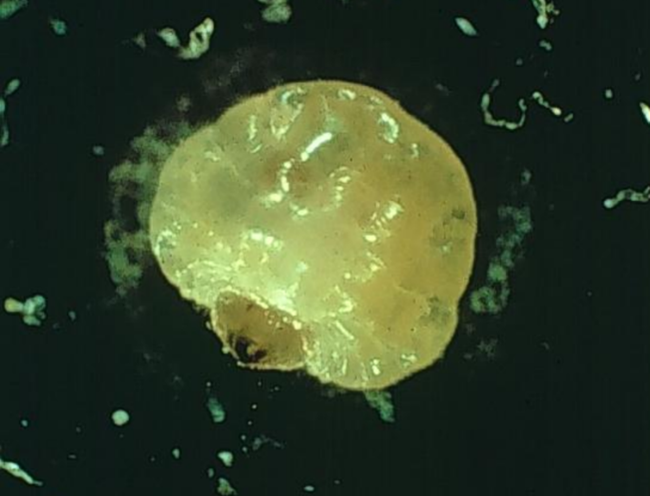
Agriculture & Farming
Developing an IPM Plan for San Jose Scale
The San Jose Scale (SJS) compromises fruit quality and, in instances where they are allowed to establish, pose a significant risk to production. This fact sheet highlights the components of a year-long IPM plan for managing San Jose Scale populations, and provides relevant background and resources.
-

Agriculture & Farming
Gene Editing: Impact and Application for Agriculture
Selective breeding of plants and animals began 10,000 years ago. Early efforts in selective breeding focused primarily on improving crops for food production. Over time, the focus expanded to enhance desirable traits in animals. Today, technological advances have made gene editing (also known as genome editing) far more precise than traditional breeding techniques. This fact sheet will explain how gene editing works, why it’s effective, and how it can benefit farmers as well as those interested in this cutting-edge technology.
-
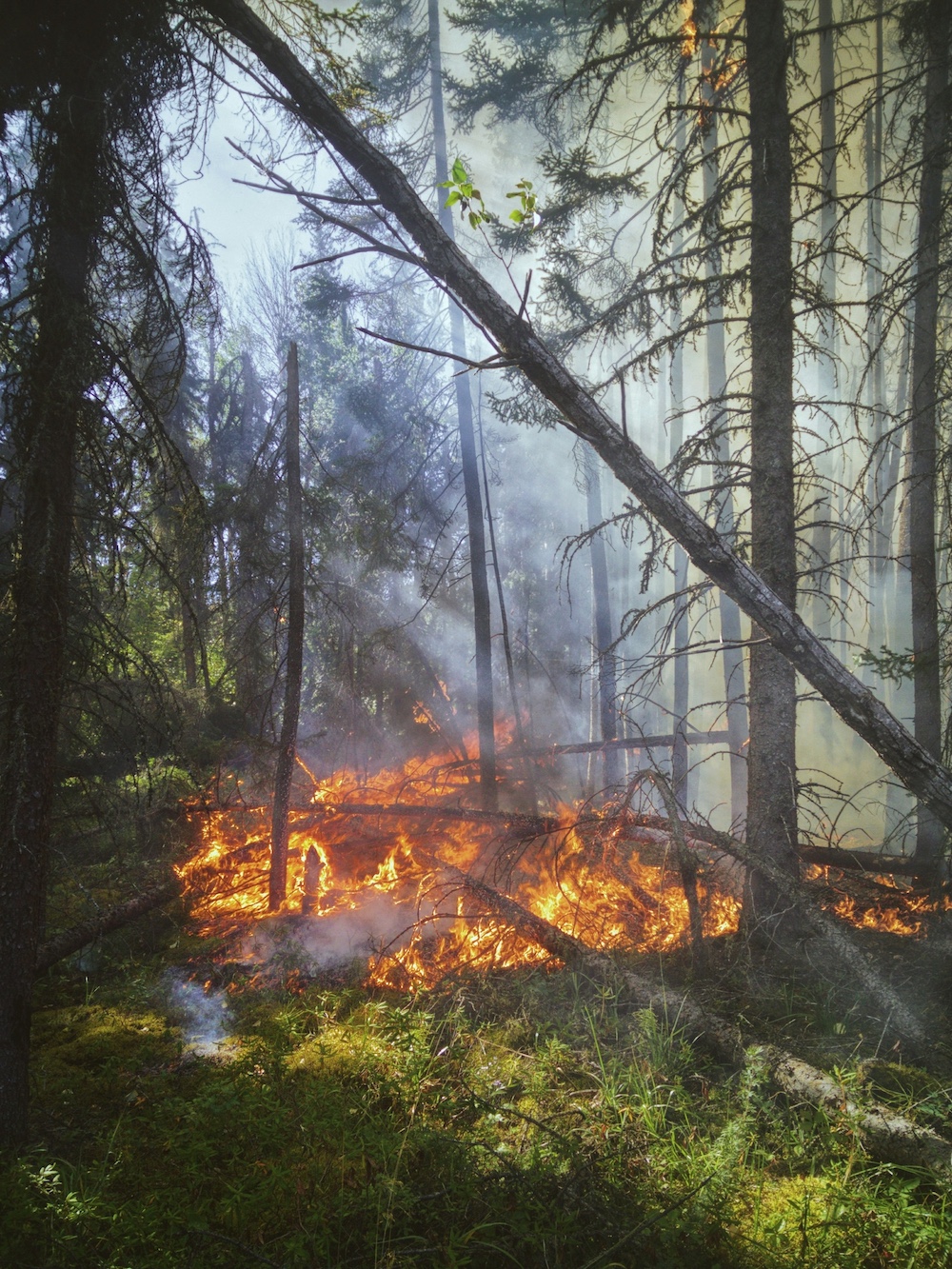
Environment, Land Use & Planning
Brush Fires in Connecticut: Be Aware, Be Prepared
In many parts of Connecticut stretches of warm, breezy weather with little rainfall can be the norm. While these conditions may seem typical and easy to take for granted in daily routines, they can become especially concerning during the spring season (before leaves have fully emerged), as well as during the autumn months (as dry leaves fall and accumulate). Drying leaves create a blanket of combustible material across landscapes. The combination of dry fuels and windy conditions increases the risk of forest and brush fires in both rural and suburban areas. Similar dry conditions are uncommon but possible during other months and can also lead to brush fires.
-
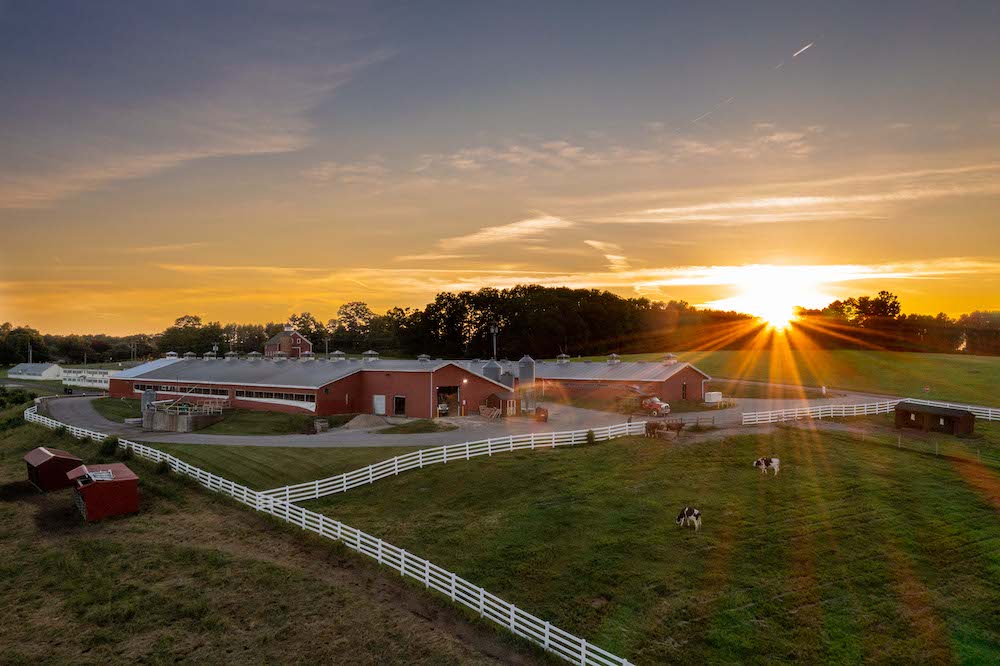
Agriculture & Farming
Best Practices in Agritourism: Business Planning and Risk Management for Farmers
Agritourism is defined as a commercial activity, conducted on a working farm, that is designed for visitor enjoyment and provides supplemental income for the farmer. It offers farms a valuable opportunity to diversify their income, by welcoming visitors for unique on-farm experiences. Agritourism merges agriculture with tourism—and sometimes entertainment—while showcasing the farm’s products, people, and purpose. Before adding agritourism elements, farmers must consider two foundational components: business planning and insurance.
-
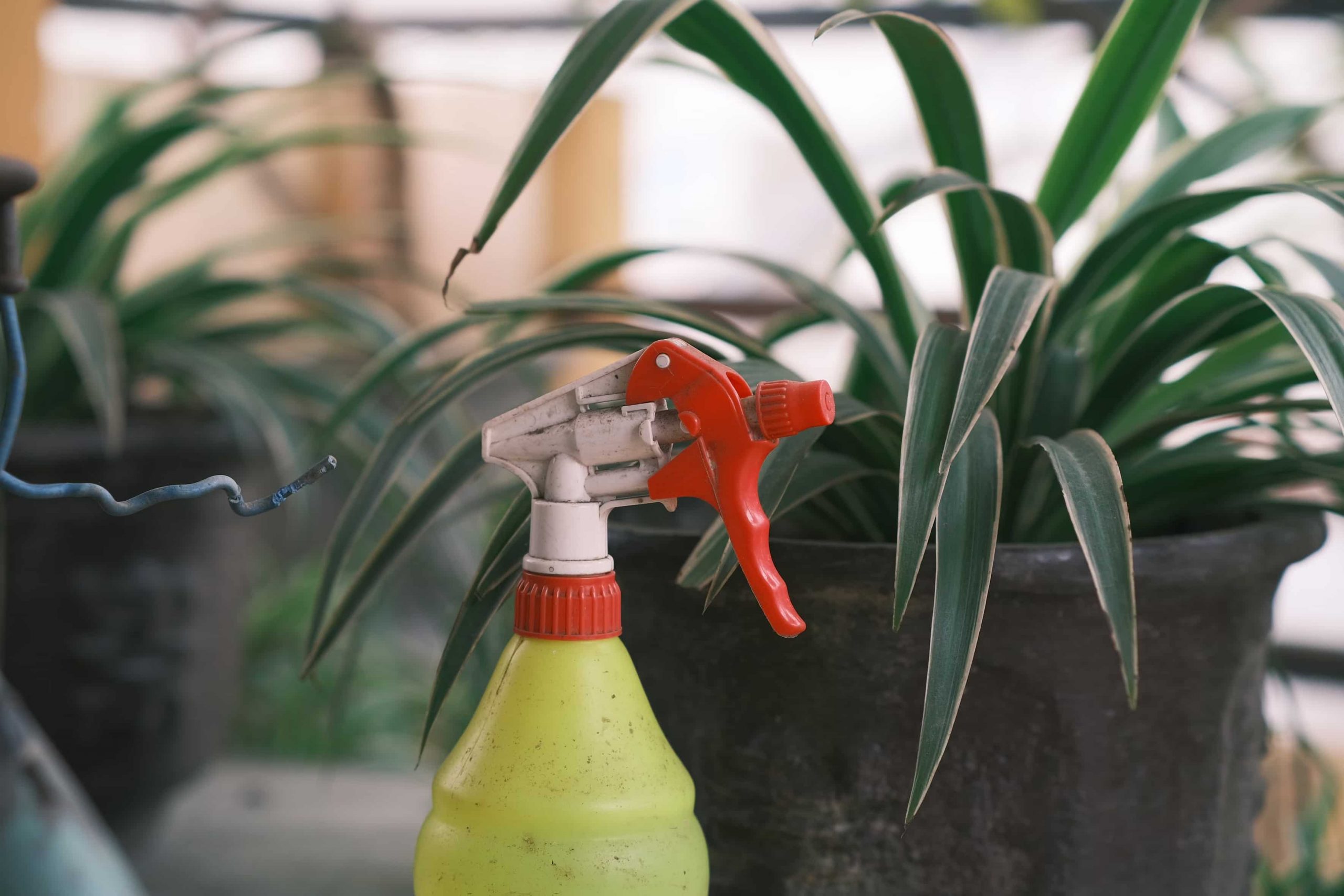
Home Gardening & Landscaping
Homemade Pesticide Issues: Understanding the Science
As the gardening season gets underway, lots of homemade weed-killer ‘recipes’ crop up on social media, usually containing some combination of vinegar, Epsom salts and Dawn dishwashing soap. These are often accompanied by a comment such as ‘no need for pesticides’. It may feel good to use familiar household items to control pests in your garden, but it’s important to understand the science behind such mixes—and the potential risks.
-
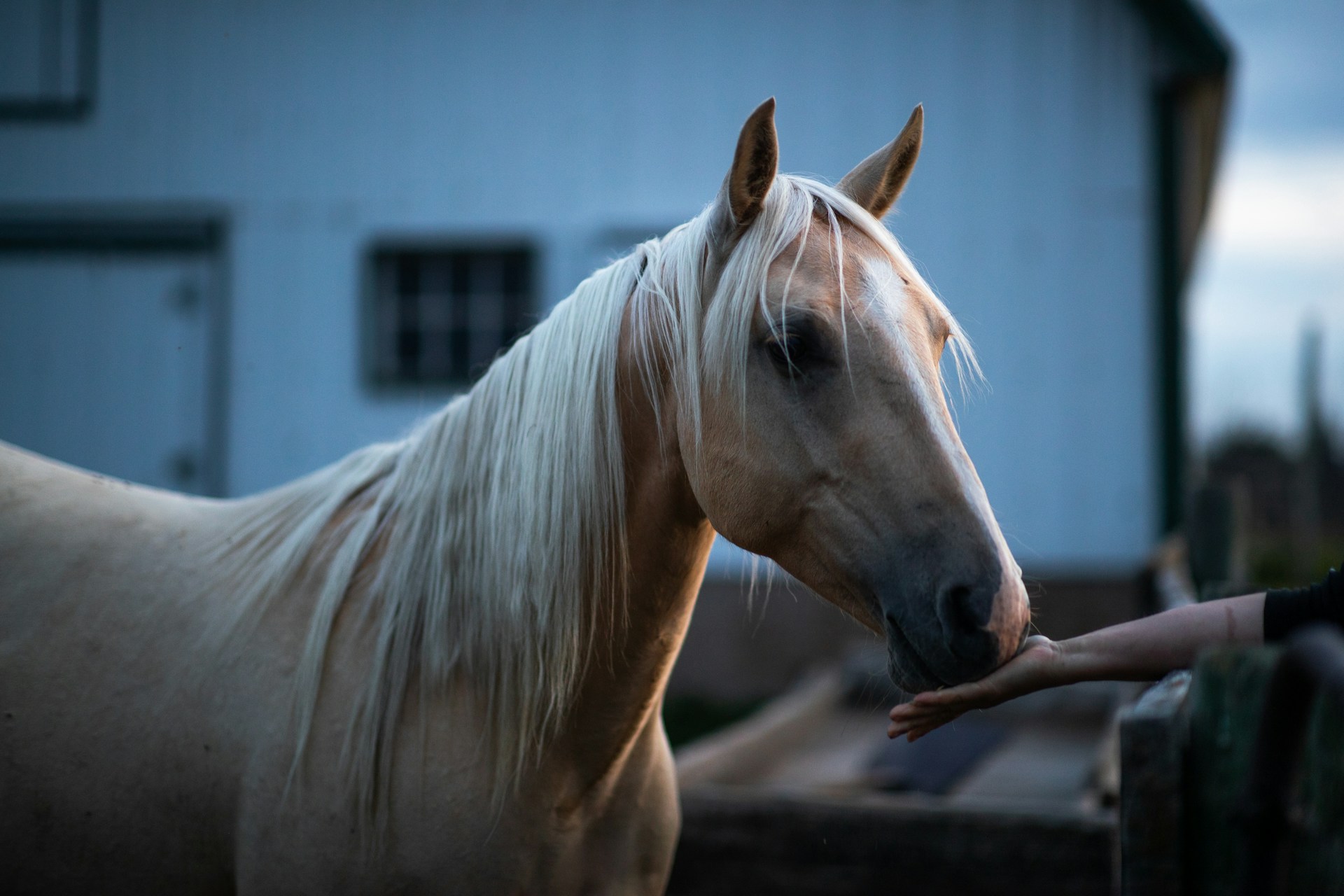
Livestock, Dairy, Equine, & Poultry Handling
Equine Botulism – Causes, Signs, & Prevention
In 2008, there were many reported cases of botulism, or suspected botulism, in the United States, including horses suspected to be affected in Connecticut. This illness can be a serious problem, so this fact sheet will discuss the causes, signs, and prevention of botulism.
-
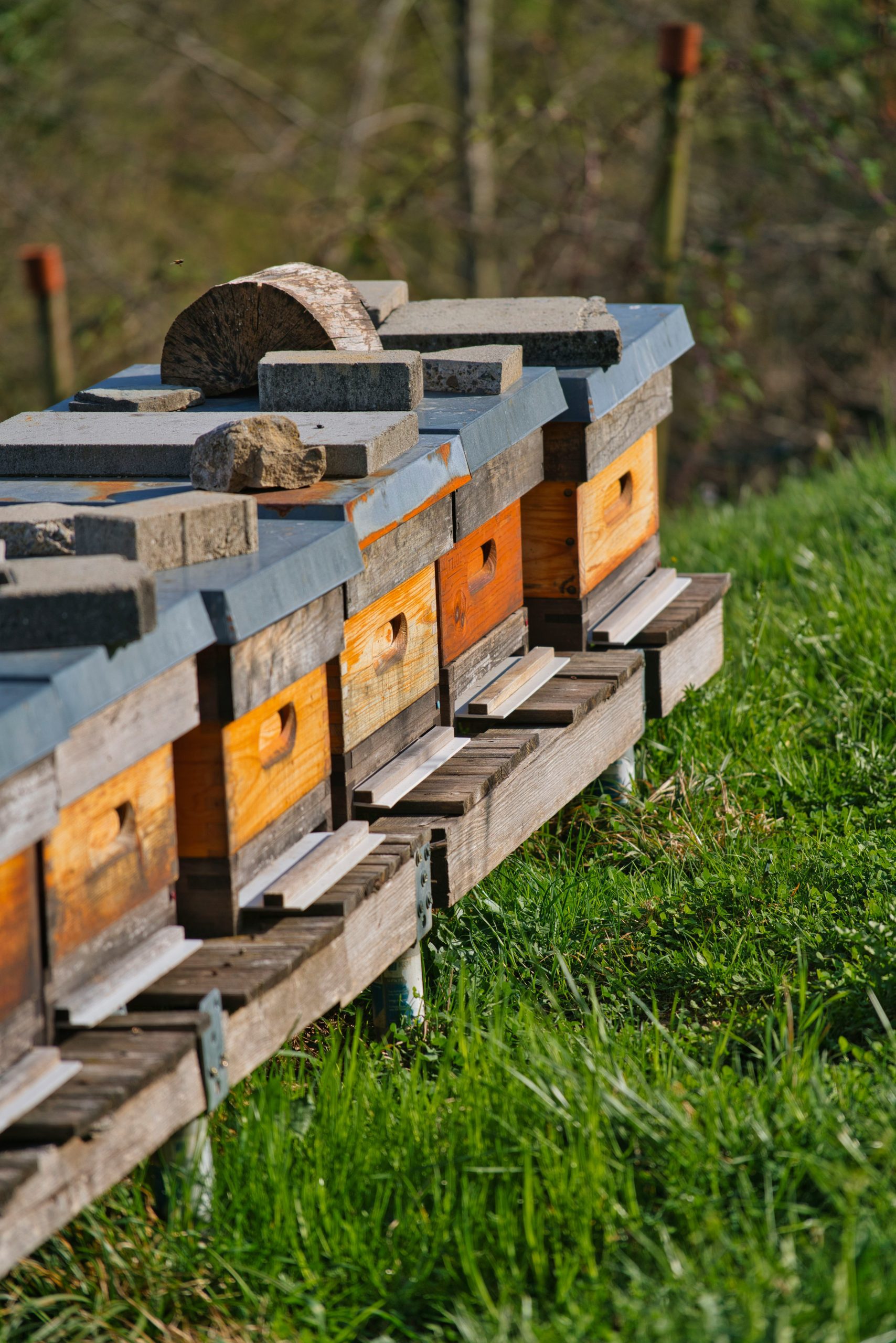
Agriculture & Farming
Protecting Beehives from Bears
Whether you’re a hobbyist or a professional beekeeper, one thing is certain: bears love honey. They’re also drawn to other food sources like apples and pumpkins, especially during the fall. The right precautions can protect your bees and keep bears at bay. This fact sheet is for beekeepers and shares some important tips to help protect hives from bears.
-

Disaster Preparedness
Residential Gardens and Flooding
Seasonal flooding in Connecticut impacts many, including residential gardeners. Included in this factsheet are answers to some questions specifically pertaining to home gardeners.
-
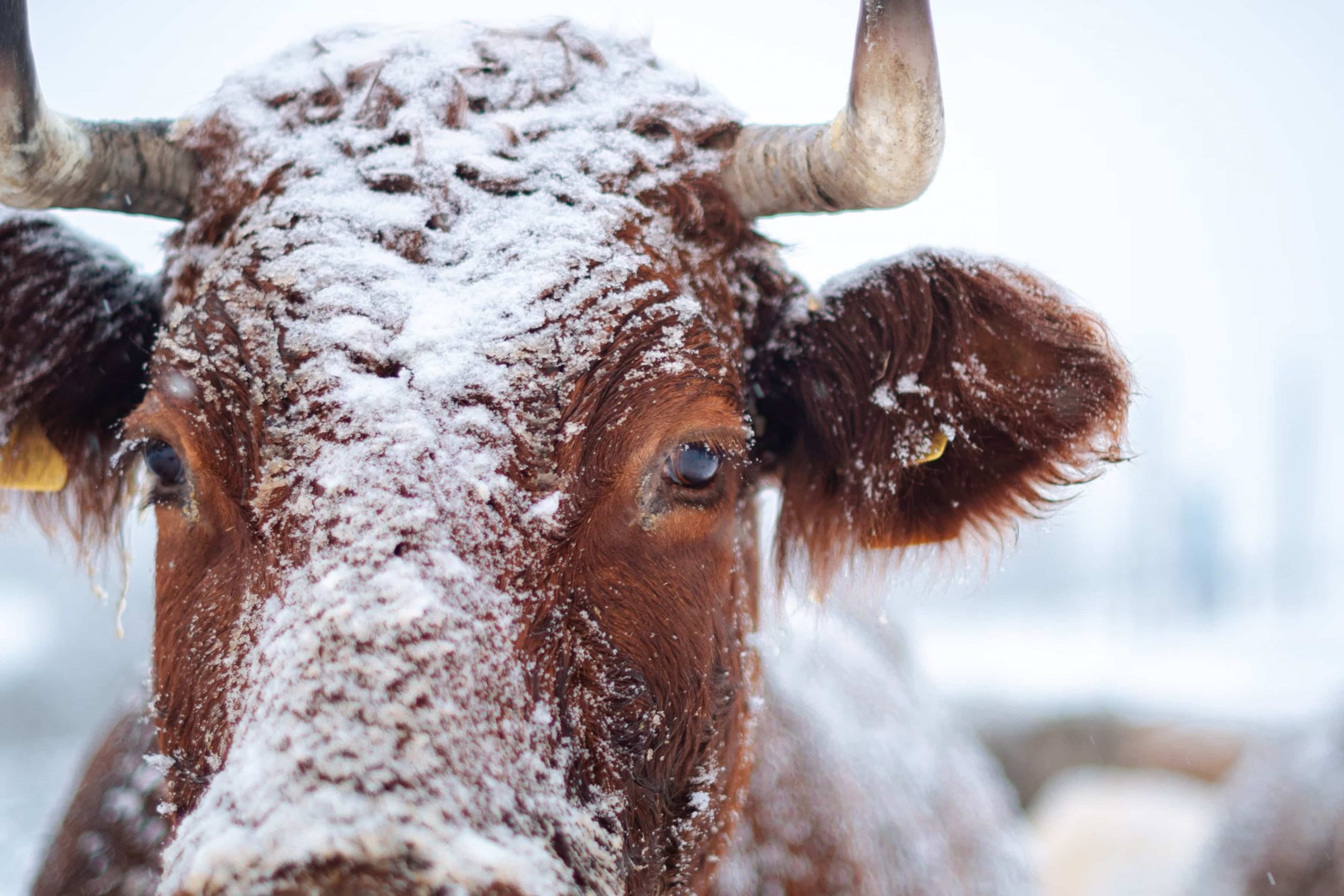
Agriculture & Farming
Extreme Weather Preparedness for Livestock Operations
Extreme weather poses a significant risk to animal operations. Keeping livestock and farm families safe requires preparation before an extreme weather event. Work closely with local service providers to develop a comprehensive plan. Stay alert to changes in weather and take action early to prepare for emergencies. Preparing in advance can help to mitigate the negative effects of natural disasters. This factsheet is designed for livestock owners or managers seeking to prepare operations for severe weather events.
-
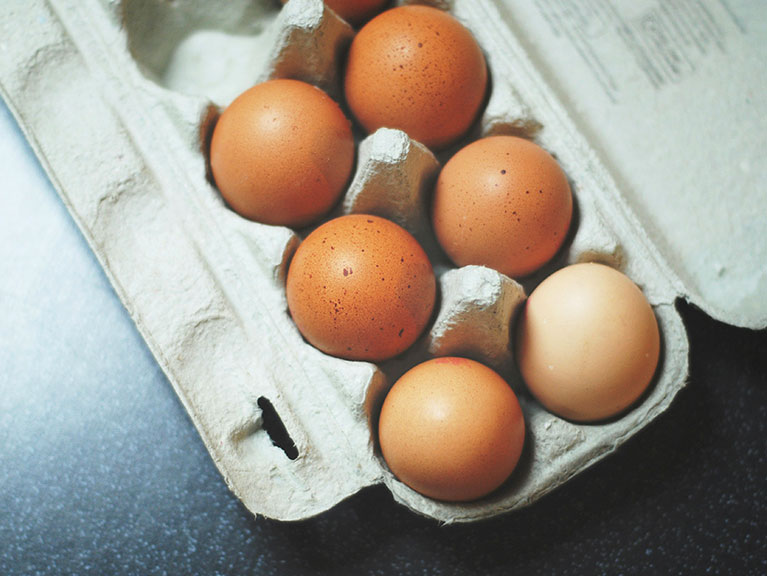
Food & Nutrition
Bird Flu Basics: What You Need to Know About Highly Pathogenic Avian Influenza
A change in egg prices and availability is a common scenario in grocery stores. These market shifts have primarily occurred because of an outbreak of highly pathogenic avian influenza (HPAI), commonly referred to as bird flu. This factsheet is for anyone interested in learning more about HPAI and how they can keep themselves and their families safe.
-
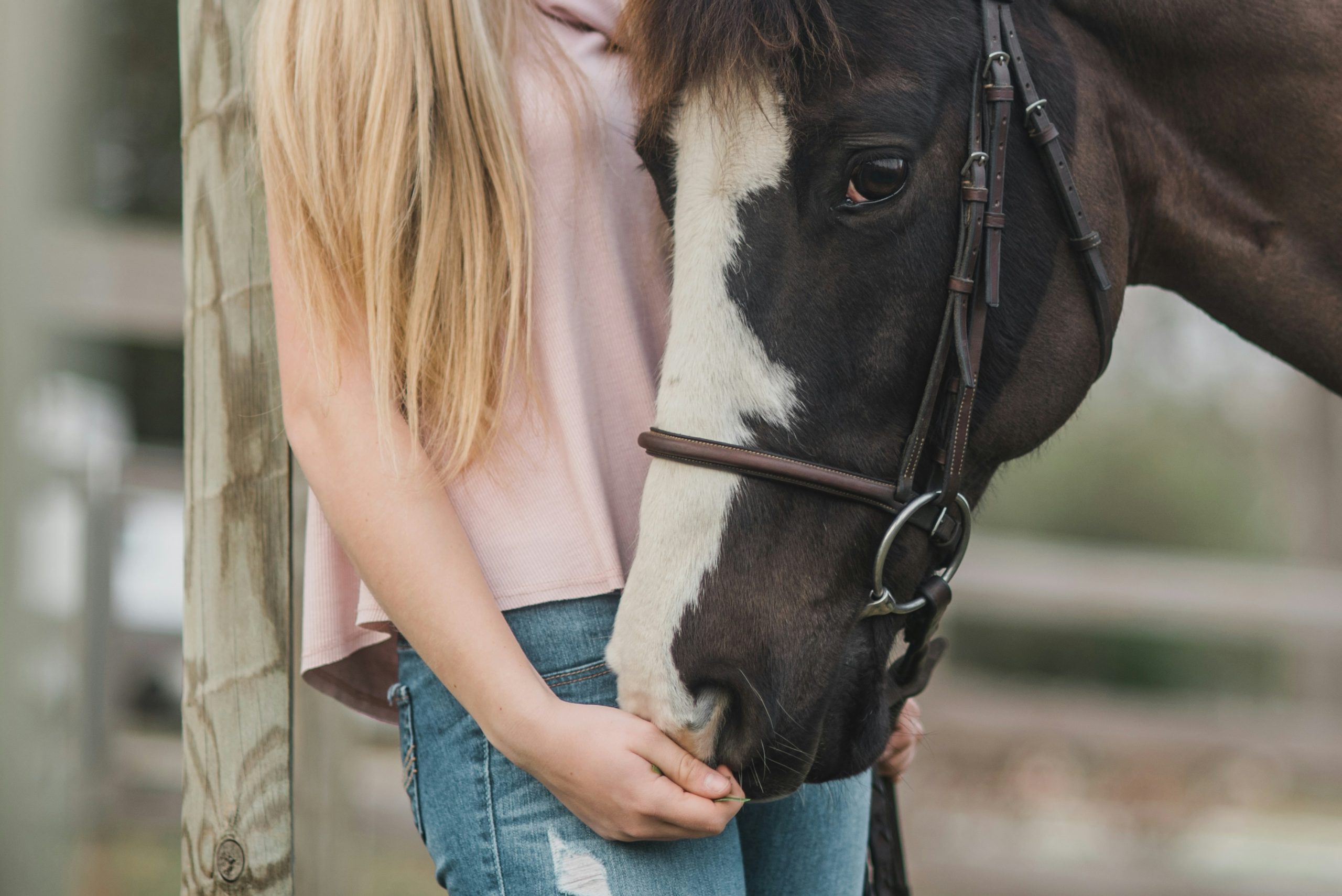
Livestock, Dairy, Equine, & Poultry Handling
Preventing Back Pain in Horses
When horses are experiencing back pain, it can often lead to poor performance; many different types of horses suffer from back problems. Early recognition of back pain is important, since damage may be cumulative. This fact sheet provides information to help horse owners and riders prevent, recognize, and pursue treatment for back pain in their horses.
-
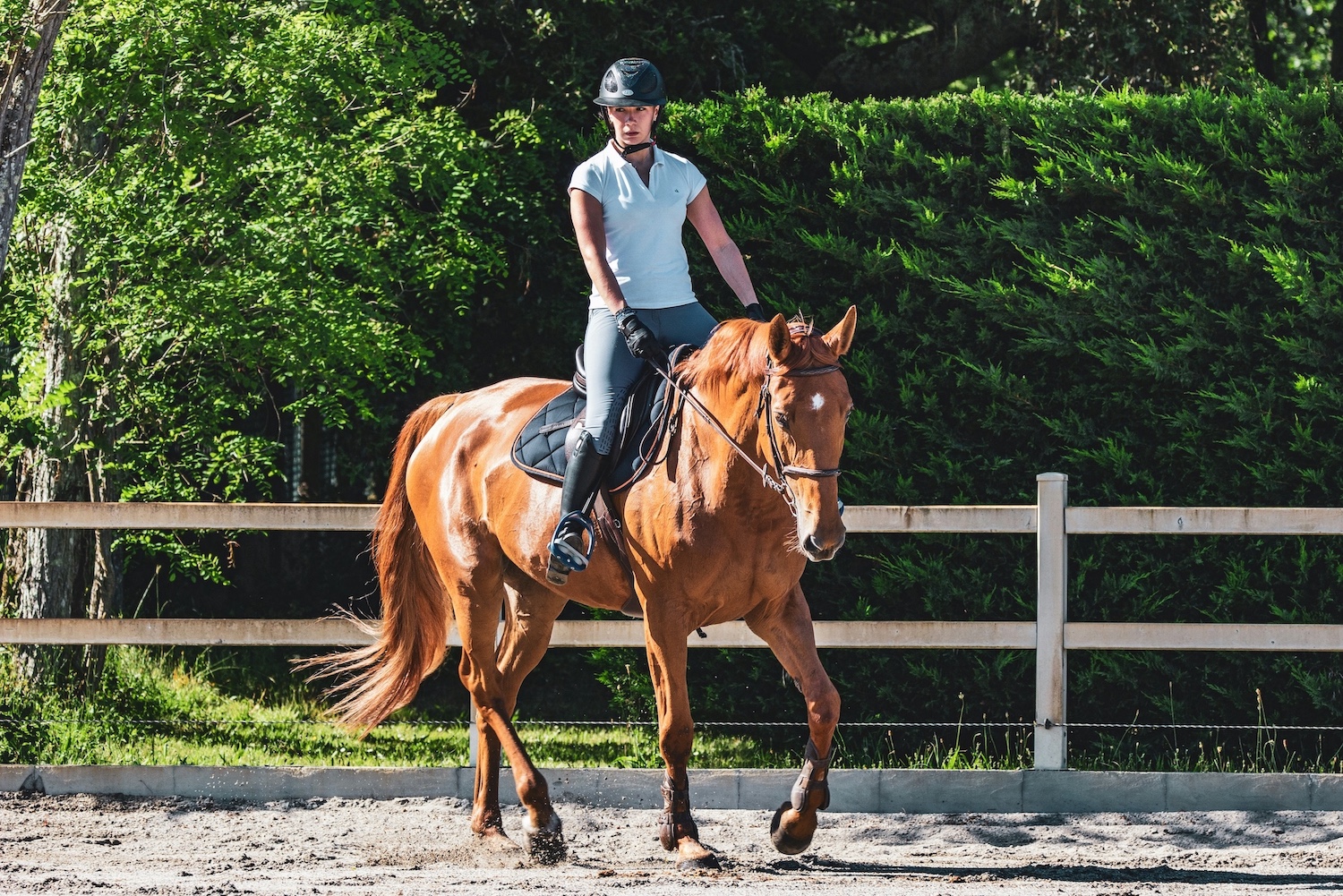
Livestock, Dairy, Equine, & Poultry Handling
Heat Stress: Too Hot to Trot?
The hot summer heat should be a concern for horse owners. Horse owners need to provide extra care during hot weather to decrease stress and maintain the health and well-being of their horses. This fact sheet will describe overheating, heat exhaustion, and heatstroke in horses, and ways to protect them in times of high heat.
-
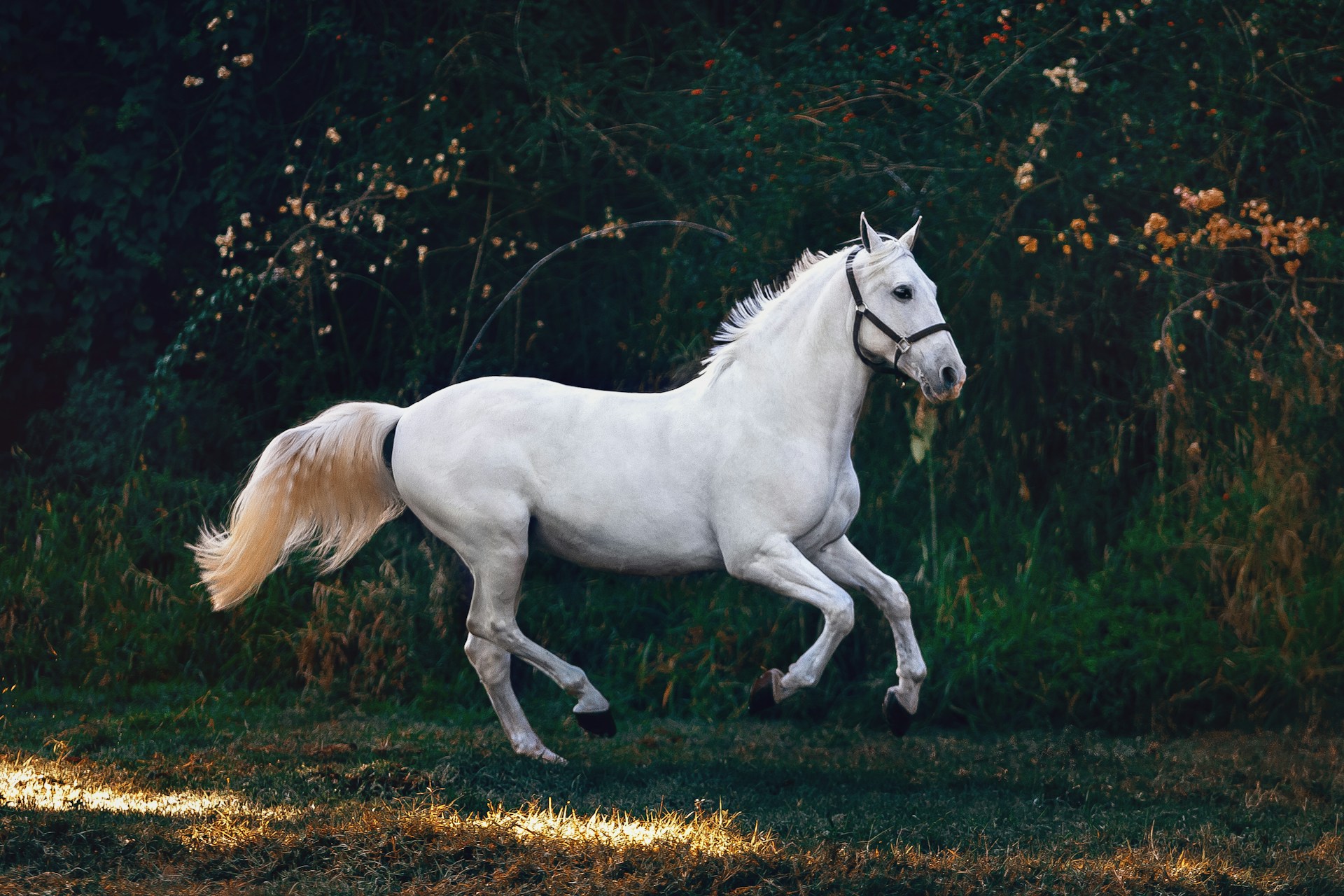
Livestock, Dairy, Equine, & Poultry Handling
Lyme Disease in Horses – Reducing the Risk
First recorded in 1975, near Lyme, Connecticut, Lyme disease can be troublesome. Knowing the signs, treatment, and prevention, can lead to better protection for horses from this disease.
-
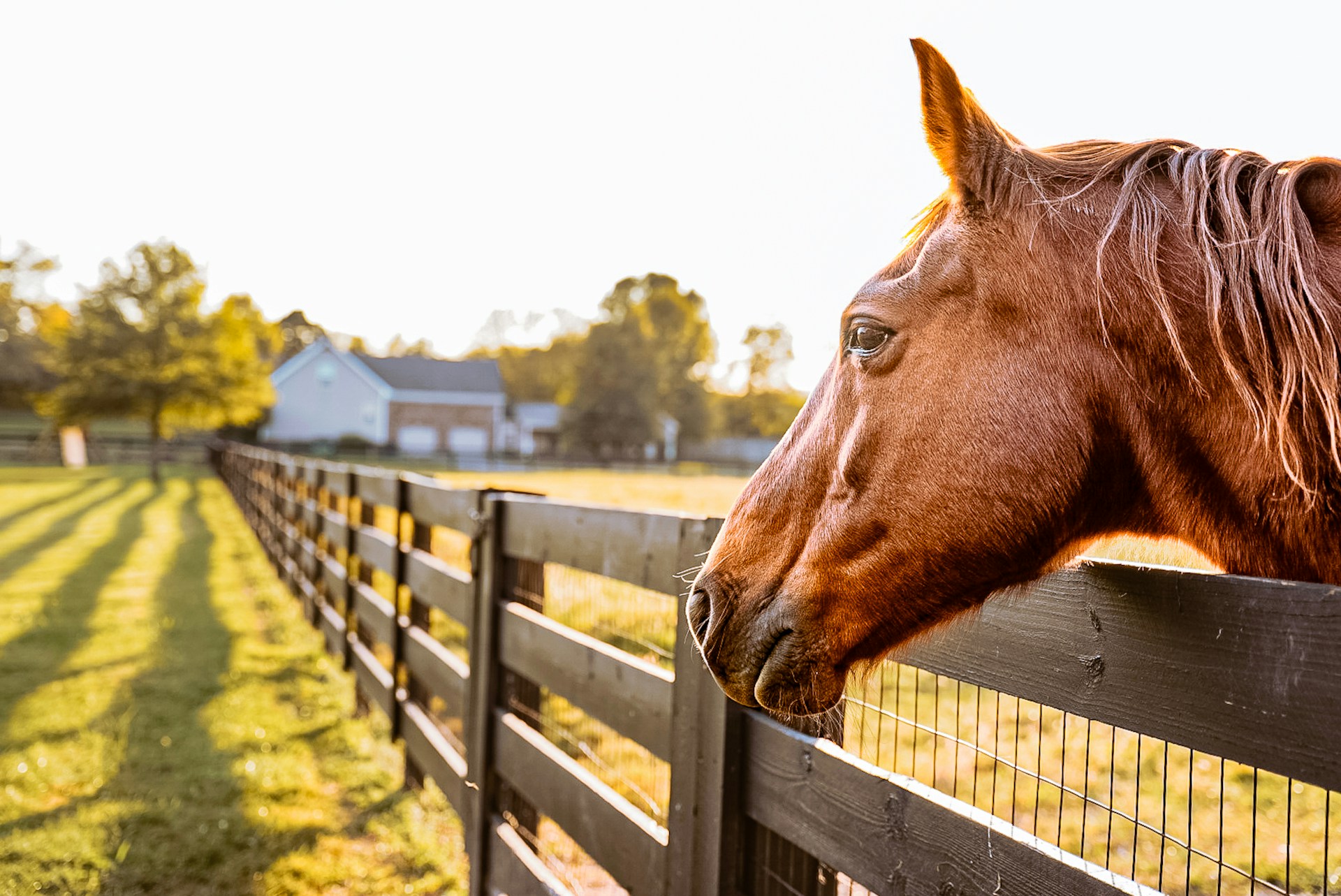
Livestock, Dairy, Equine, & Poultry Handling
Caveat Emptor – Let the buyer beware: How to Avoid Mistakes When Buying a Horse
Whether you’re buying your first horse or your twenty-first, it is both an exciting and scary process. Dreaming of the day when you could own this horse, you want everything to be perfect. There are several things you can do to improve your chances of selecting a suitable horse for you.
-
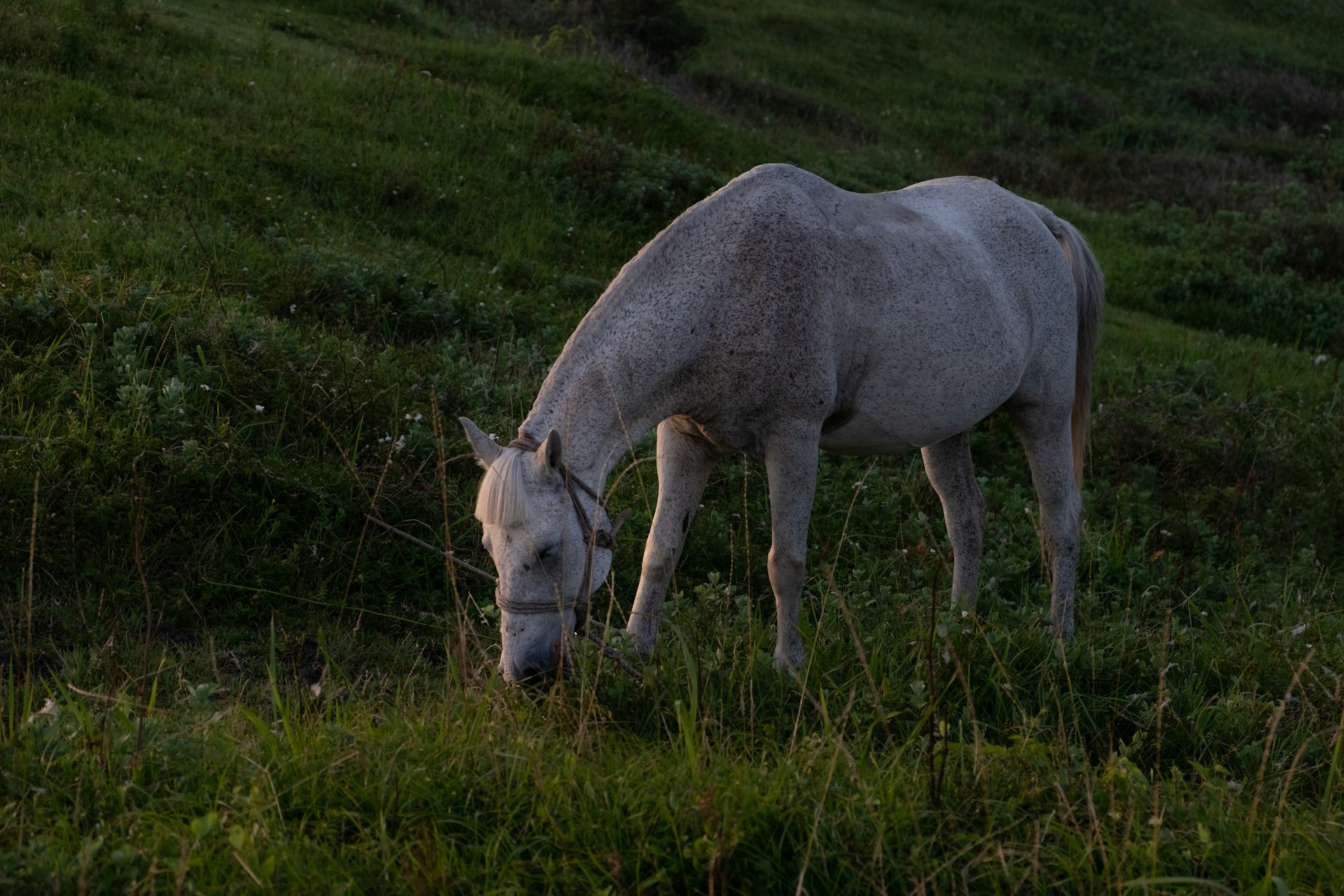
Livestock, Dairy, Equine, & Poultry Handling
Toxic Plants and Horses – Concerns and Prevention
Concerns about plants found in pastures include whether they may be poisonous to horses. In general, a horse usually would need to consume a large quantity of a specific toxic species for it to be an issue. However, a few ornamental plants are toxic in small quantities, even only a couple of mouthfuls. Prevention is the best approach to dealing with plant toxicity to horses. There are some things you can do to prevent your horse from having issues.
-

Livestock, Dairy, Equine, & Poultry Handling
Conditioning to Prevent Fatigue, Injury and/or Lameness in the Horse: Second of A Two Part Series on Conditioning
Warmer weather often leads to thoughts of being out on the trail with your hourse, considering goals for riding, driving, showing, or trail riding this year. In a previous fact sheet, we discussed aerobic conditioning and the effects of age, genetics and nutrition on conditioning. This fact sheet provides additional tips and best practices for the health of your horse.
-
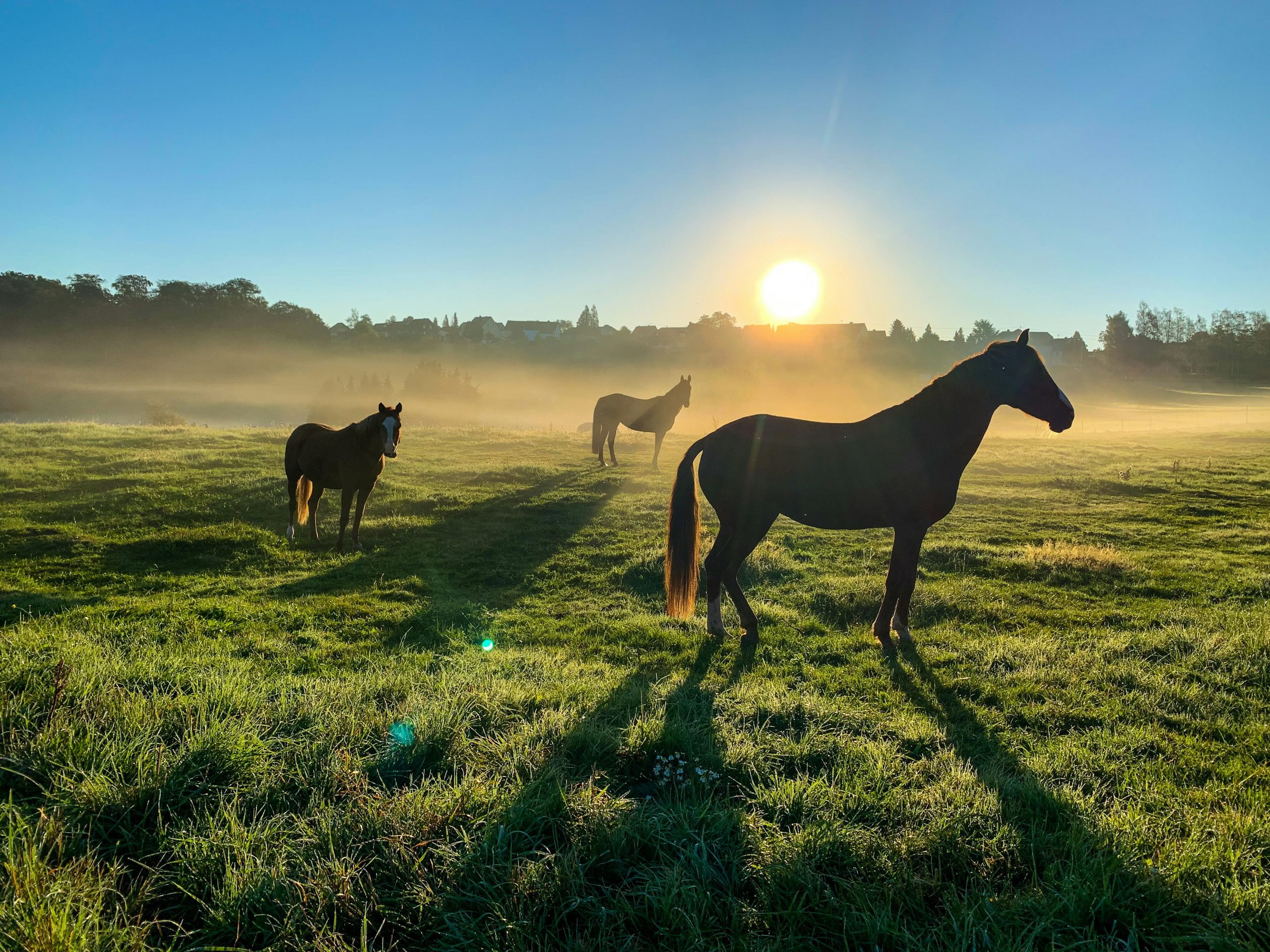
Livestock, Dairy, Equine, & Poultry Handling
Pasture: Planning, Seeding, and Sacrifice Areas
It is important to prepare prior to designing a pasture by considering the use of the pasture, land resources available, seeding (including what to seed), design, and location of sacrifice areas. A sacrifice lot will help prevent over-conditioned horses by reducing pasture intake as well as protecting land resources. The expression ‘Failing to prepare, we prepare to fail’ is never more true than when it comes to pasture management.
-
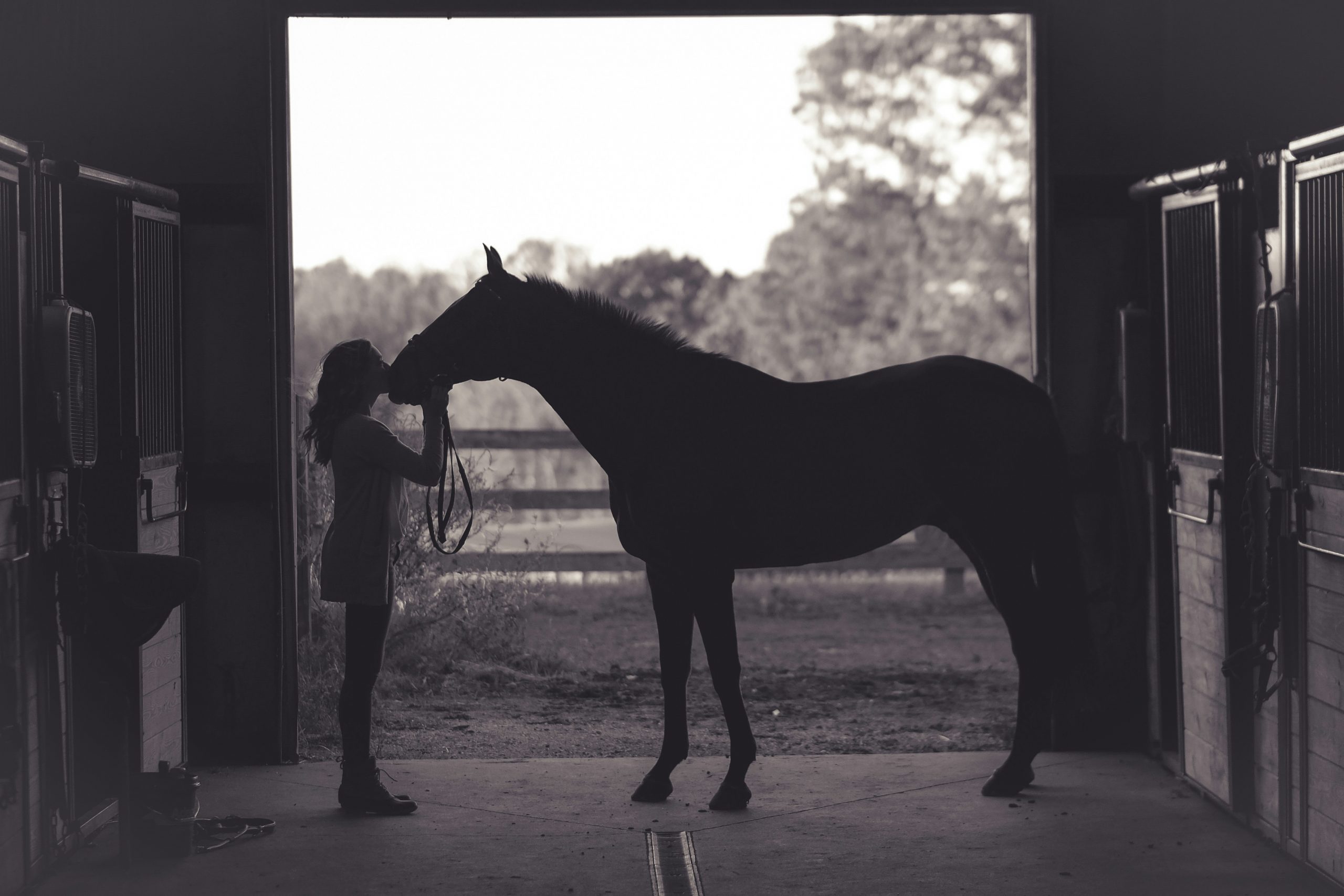
Livestock, Dairy, Equine, & Poultry Handling
Conditioning to Prevent Fatigue, Injury and/or Lameness in the Horse
It might be observed at the end of a horse show, event or trail ride. A horse is lathered, huffing and looks exhausted. Is the horse exercise-intolerant? No, most likely it just has not been properly conditioned. Conditioning is defined as getting one’s muscles into better shape through graded exercise. Age, genetics, and nutrition play major roles in conditioning.
-
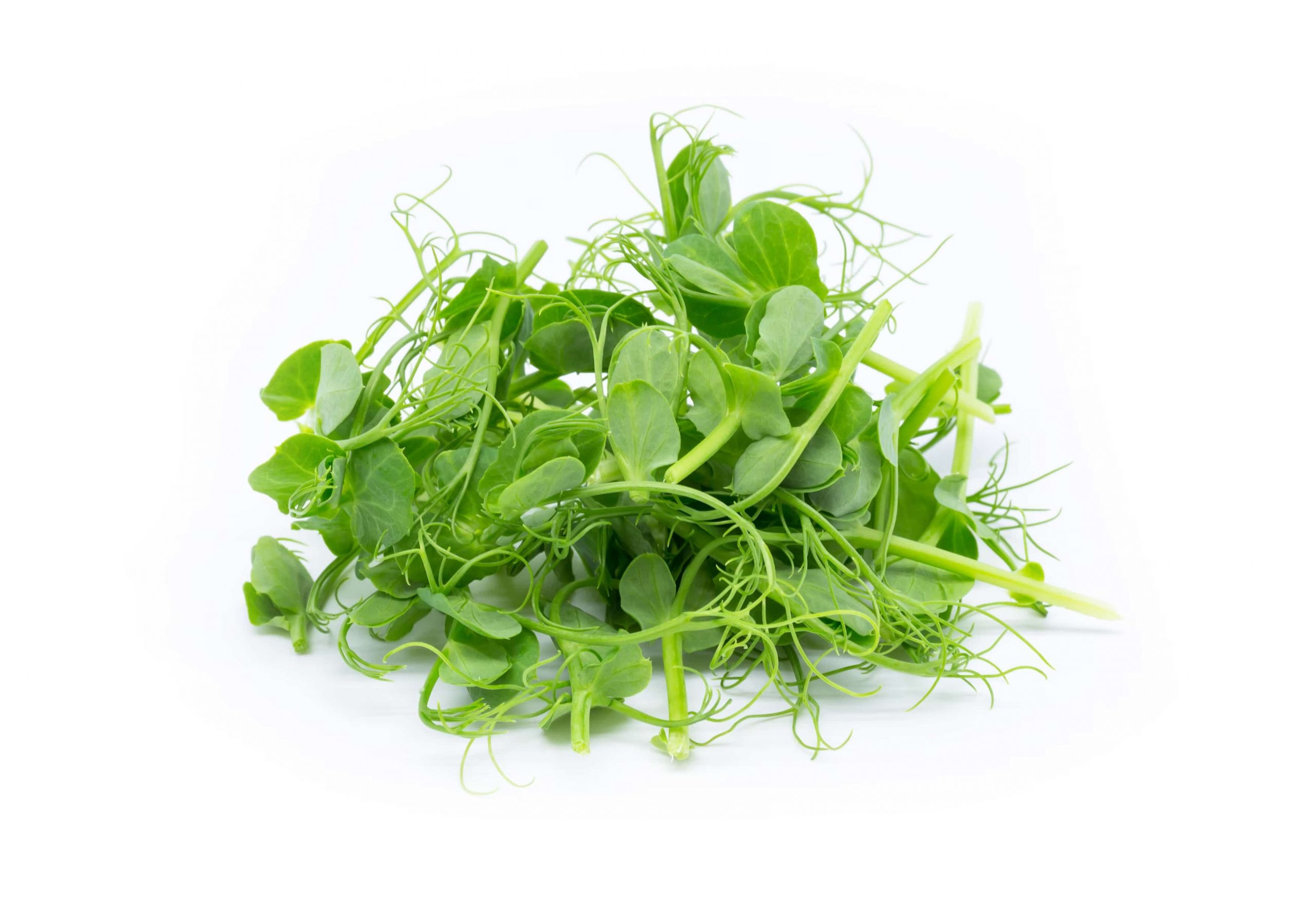
Food & Nutrition
The Amazing Power of Microgreens: Easy to Grow and a Superfood
Microgreens are becoming more popular because they are easy to grow, provide flavor to dishes, and are packed with nutrients. Experiment with different types of microgreens to find a flavor that’s appealing. Microgreens are a budget-friendly and fun way to increase vitamins, minerals, and antioxidants to improve health.
-
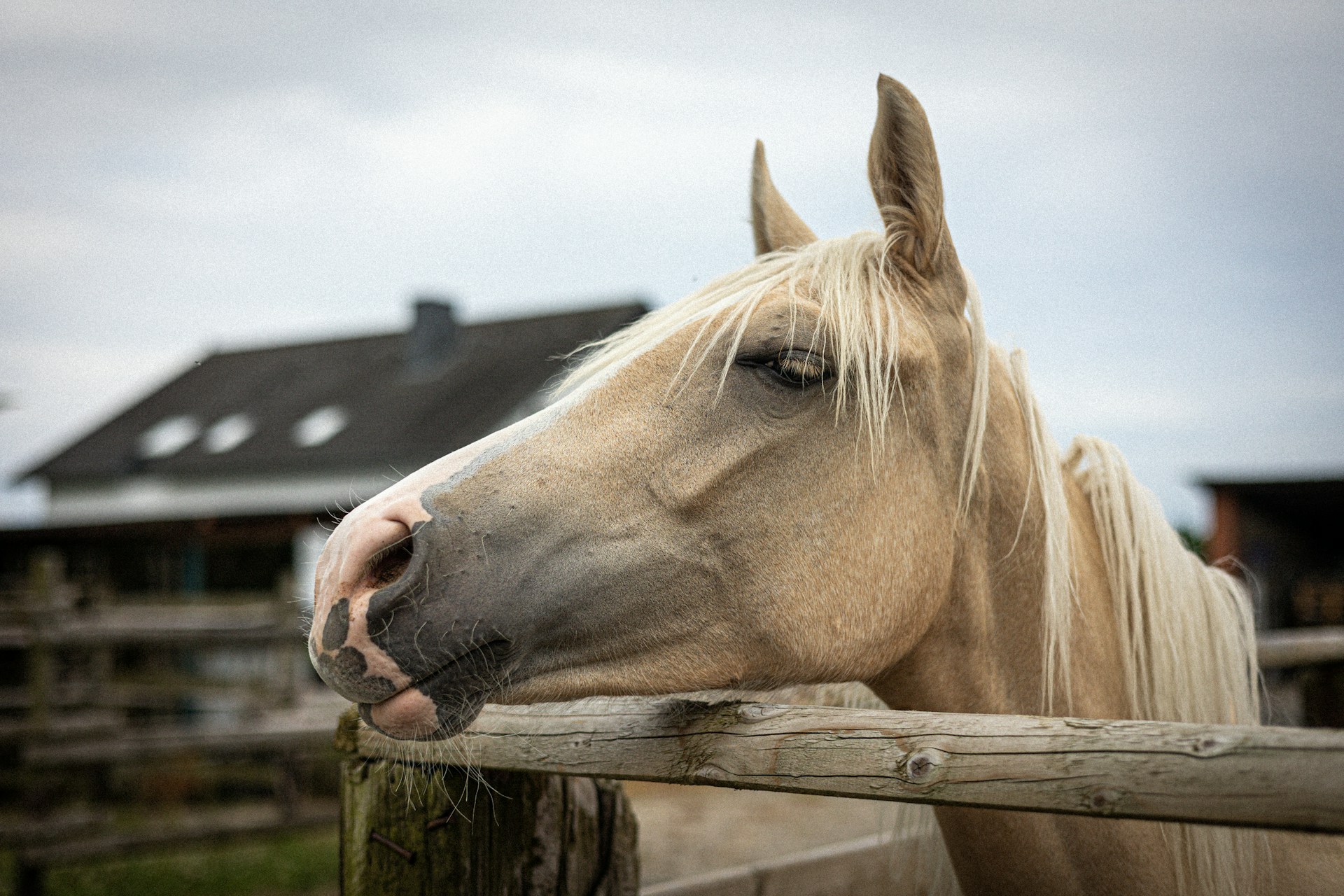
Livestock, Dairy, Equine, & Poultry Handling
How to Properly Manage Horse Manure
Properly managing horse manure will reduce flies and dust, and prevent pollution to nearby water bodies. The best time to consider manure management is before adding horses to a property. However, there’s no time like the present to reevaluate what you are doing and determine if you can manage your manure more effectively.
-
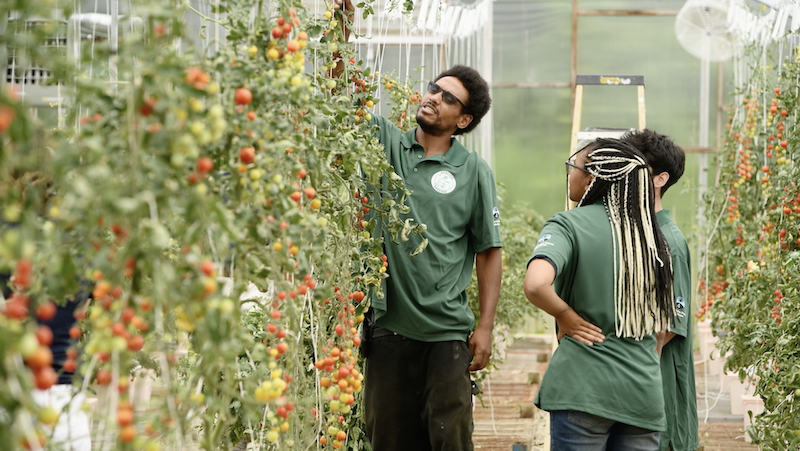
Extension Program and Community Engagement
Culturally Responsive Extension Program Evaluation
Evaluating programs that engage stakeholders from distinct cultural backgrounds and realities requires intentional skill development. This factsheet, intended for professionals working in extension or nonformal education, describes practical strategies for enhancing the cultural responsiveness of evaluations in community-based, educational programs.
-
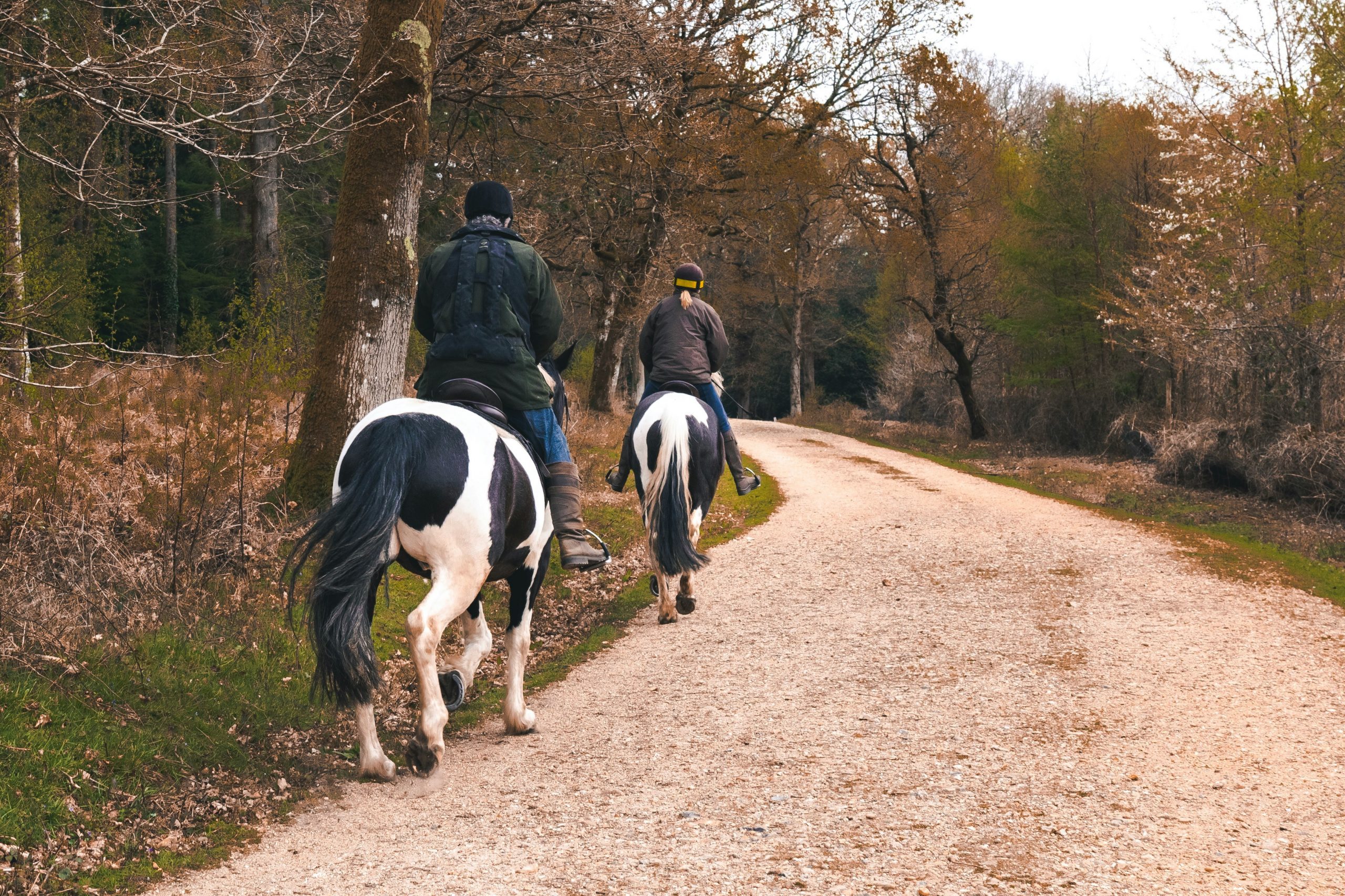
Livestock, Dairy, Equine, & Poultry Handling
Camping With Your Horse
Being outdoors and camping is a fun pastime for a lot of people. Many people feel there is nothing like spending time camping with your horse. This factsheet contains a few guidelines for camping with your horse.
-
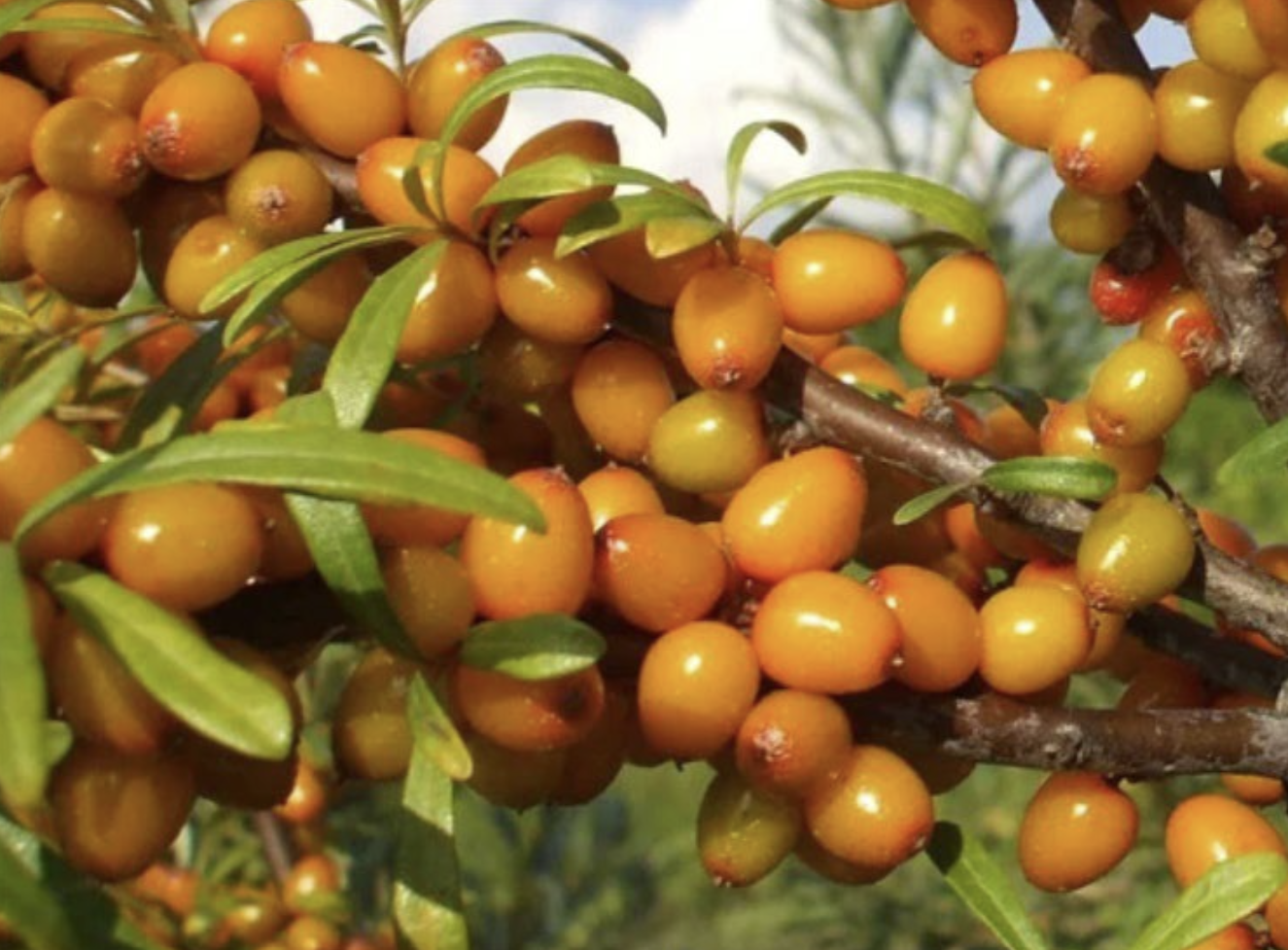
Climate-Smart Resources
Building Resiliency: Climate Smart Adaptations for Fruit Growers
Extreme weather events can give fruit growers a preview of what producing food in a rapidly changing climate might entail. The general trend of increasing temperatures was solidified and reflected in the recent adjustment to the USDA plant hardiness zones. Coupled with extreme weather events, thoughtful climate adaptation strategies are essential. Included in this factsheet are some climate-smart considerations aimed at increasing the resiliency of a fruit-producing operation.
-
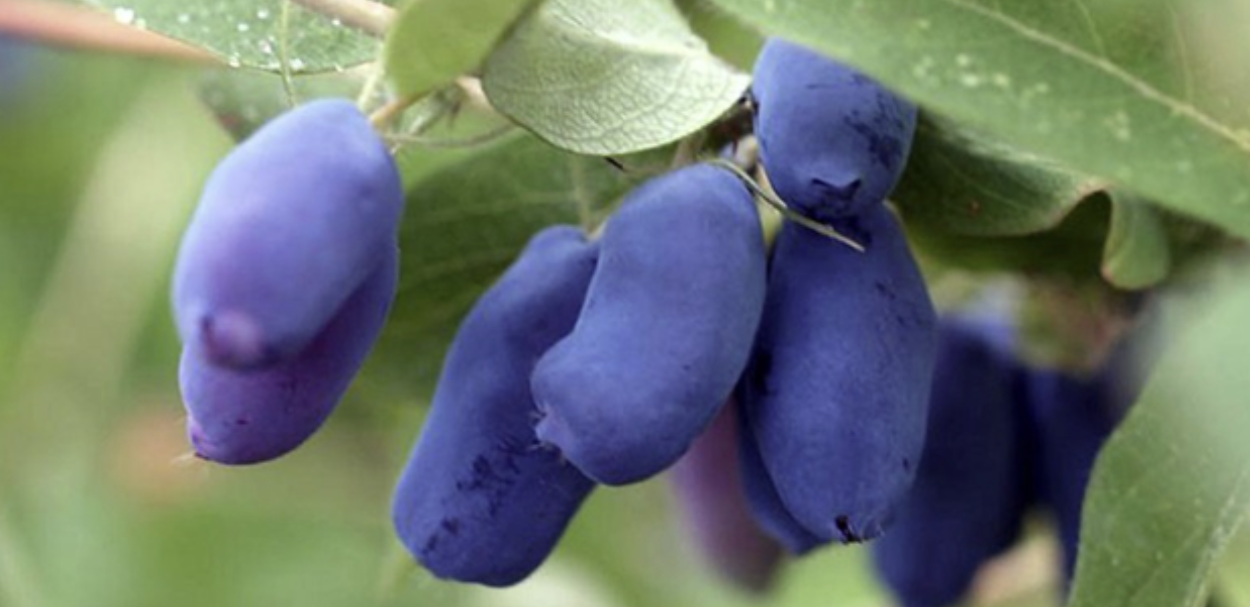
Agriculture & Farming
Unique Fruit Crops for Farm Diversification
As climate-related production challenges continue to become more prominent, the need to develop and maintain whole farm resiliency grows. Highly diversified farms enjoy a great deal of innate resiliency, simply due to their mix of commodities. Diversification can take many forms: utilizing new varieties, expanding into a new commodity group, or employing a new production system. One unique opportunity for diversification is to explore alternative, novel, or niche fruit crops. Below is a deeper look at two of the most appealing contenders for diversification.
-

Agriculture & Farming
Blueberry Weed Control and Pre-emergent Herbicides
Thoughtful weed management is essential to maintaining high yields and fruit quality in a blueberry operation. It also serves to reduce other pest issues. Growers continue to face challenges associated with weed management, including the development of herbicide resistance and challenges associated with climate change. In this factsheet is a brief overview of managing weeds in blueberries, with a special emphasis on pre-emergent materials.
-

Agriculture & Farming
What do Labels Really Mean? Organic, Natural, Cage-Free, Grass-Fed, Pasture-Raised and Local
Organic, Natural, Cage Free, Grass Fed, Pasture-Raised and Local are terms on food labels and used in the news, but what do they really mean? And how important is it to buy organic and natural foods when it comes to healthy eating? Some terms are helpful, and others are misleading. This fact sheet reviews some of these terms and the meaning behind them.
-
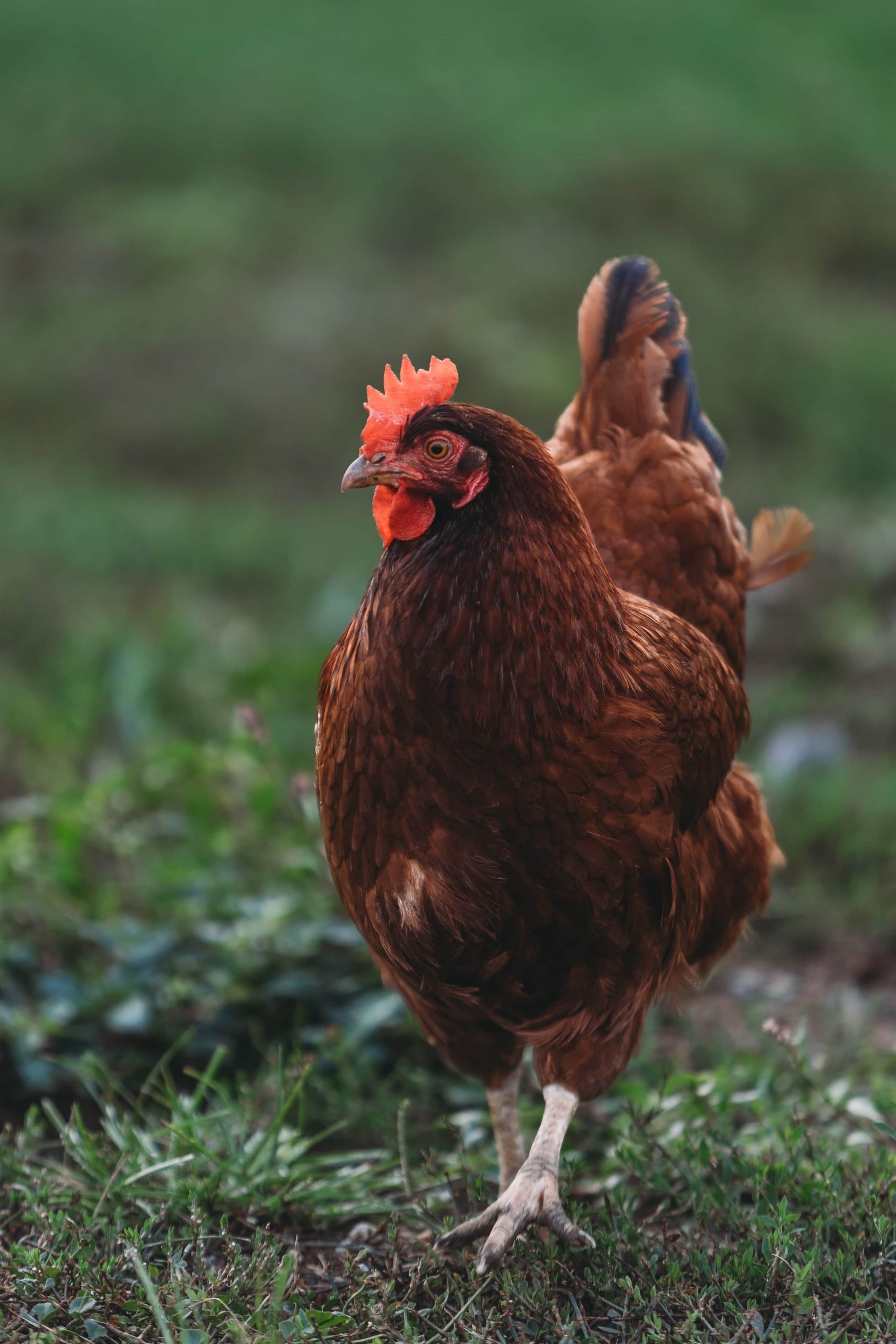 picture_as_pdf
picture_as_pdf
Agriculture & Farming
10 Consejos Para los Nuevos Criadores de Aves de Corral: Cómo Promover Parvadas y Familias Saludables
La cría de aves de corral domésticas puede ser una experiencia divertida y gratificante. Hay varios pasos que puede tomar para establecer y mantener la salud de su parvada, su familia y el medio ambiente.
-

Agriculture & Farming
10 Tips for New Poultry Owners: Promoting Healthy Flocks and Families
Raising domestic poultry can be a fun and rewarding experience. There are several steps to establishing and maintaining the health of your flock, family, and environment.
-
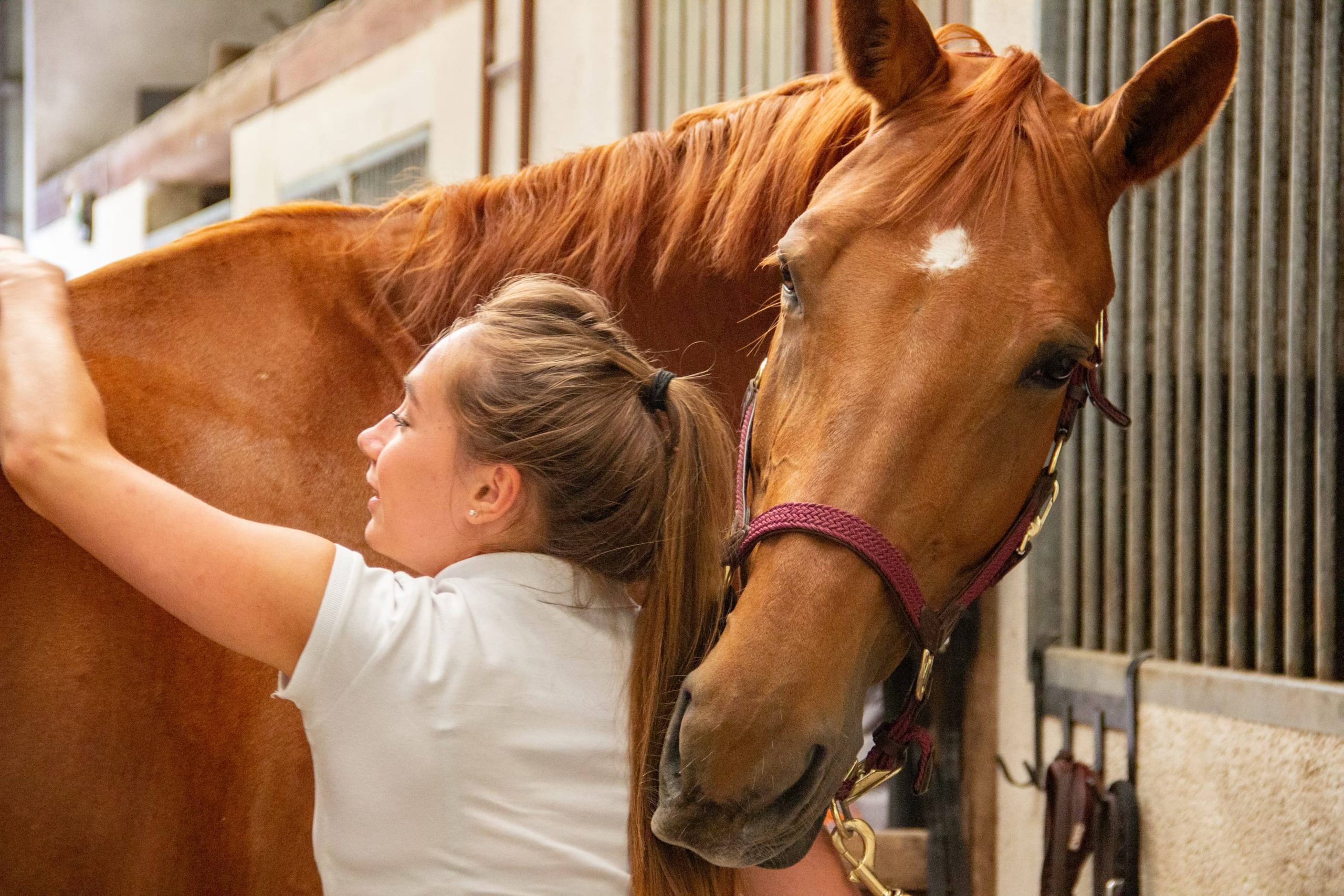
Livestock, Dairy, Equine, & Poultry Handling
SPRING is in the Air: Ideas of How to Prepare
After a long season with little color, when Spring arrives it’s great to see the greening of the grass and blooming flowers. Horses shedding definitely is another reminder. As a horse owner, when you think of the word SPRING, it can help bring to mind some tasks to focus on.
-
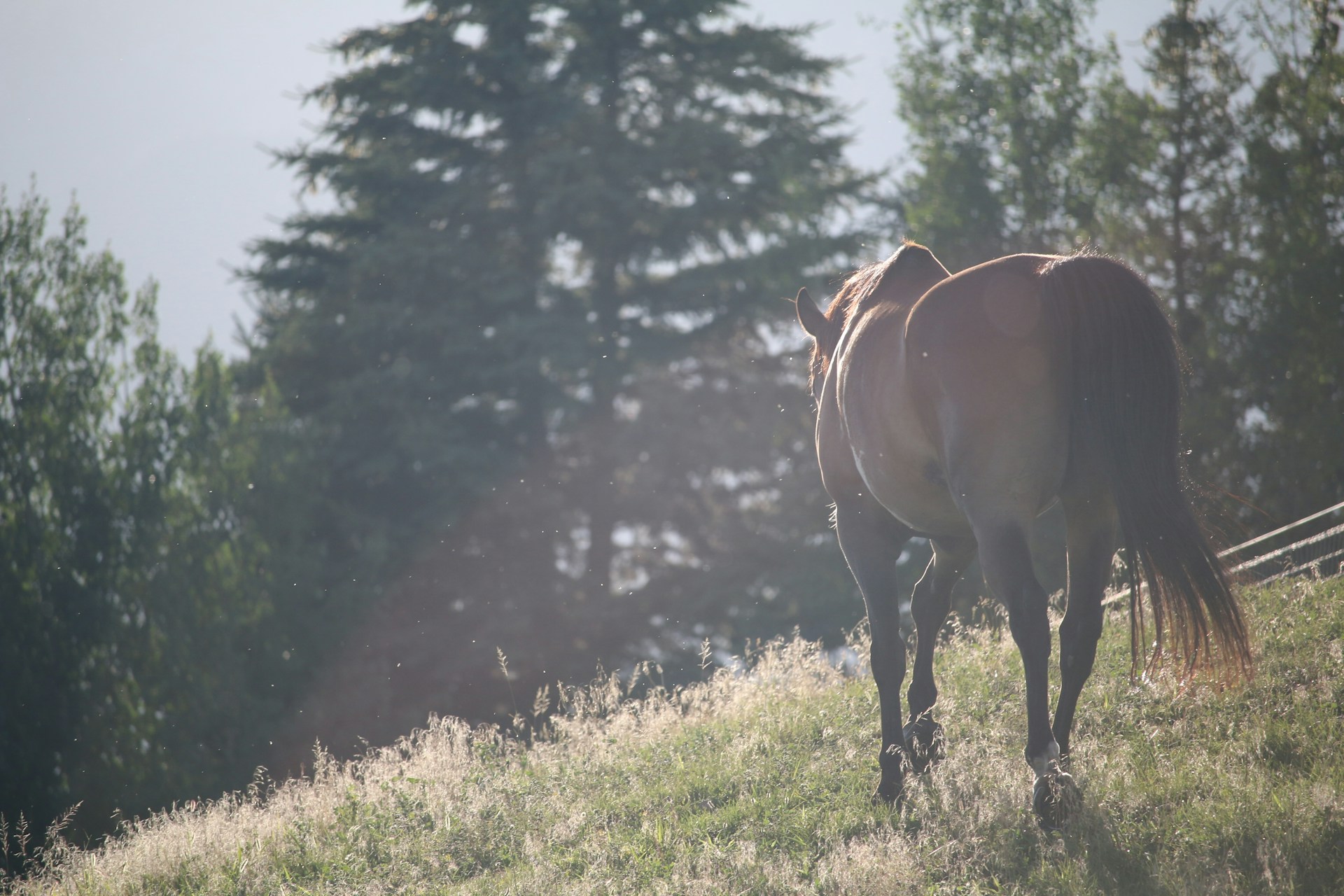
Livestock, Dairy, Equine, & Poultry Handling
Equine Herpesvirus
Equine herpesvirus infections are very common in horse populations. Familiarity with the types of equine herpesviruses, clinical signs, transmission, diagnosis, treatment and especially, ways to protect your horses from infection are the best practices in managing the disease. In this fact sheet, we will focus on EHV-1 and EHV4, which are the two that result in serious clinical disease in the horse.
-
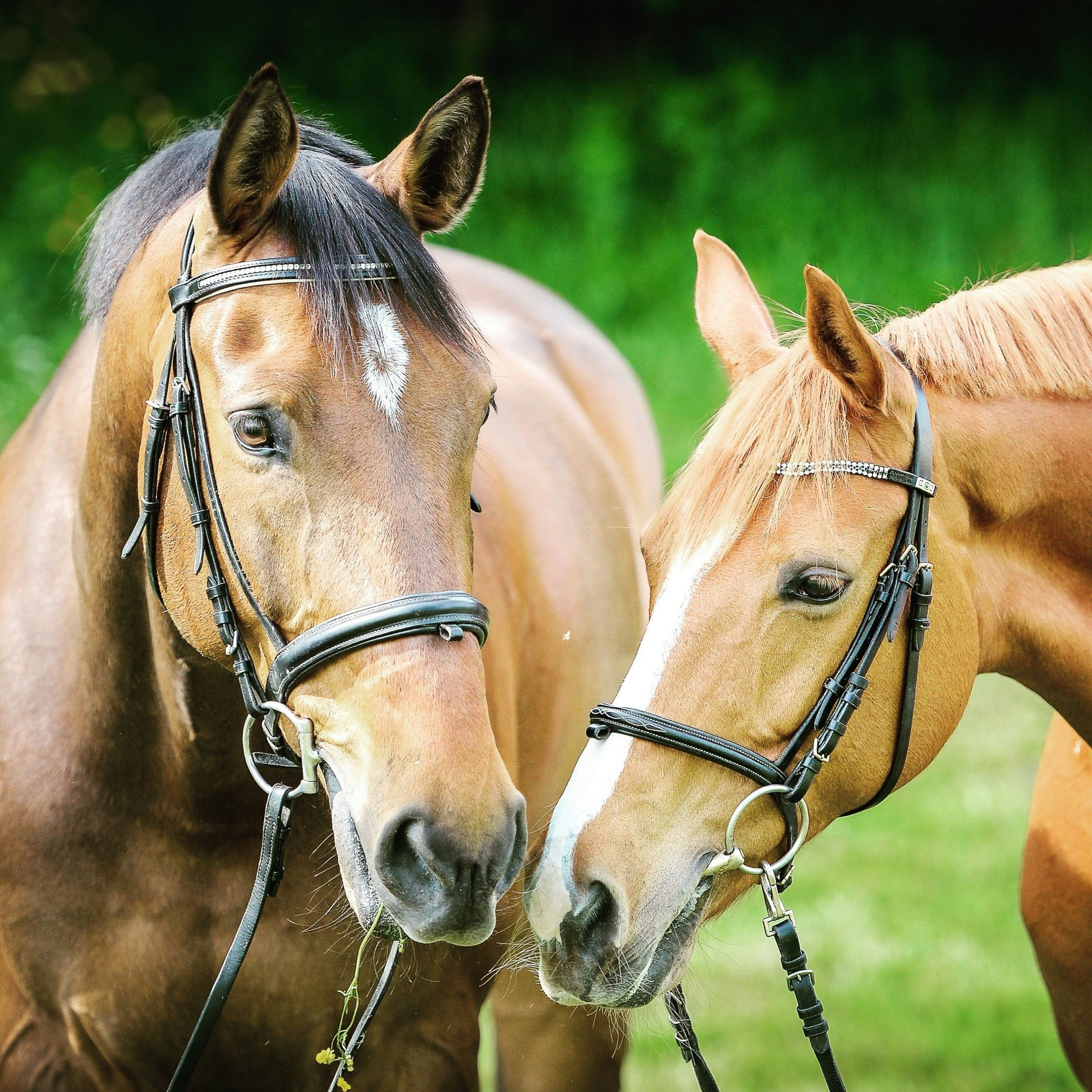
Livestock, Dairy, Equine, & Poultry Handling
Coronavirus in Horses
In 2010 some coronavirus outbreaks occurred throughout the world in adult horses (and causing diarrhea in foals), but luckily, horses never transmitted to humans. It is also extremely unlikely that the disease would jump into humans from horses. In late summer 2018, several horses were affected by equine coronavirus at a horse show in the Northeast United States.